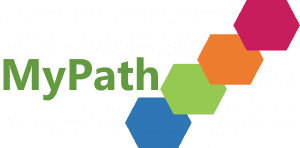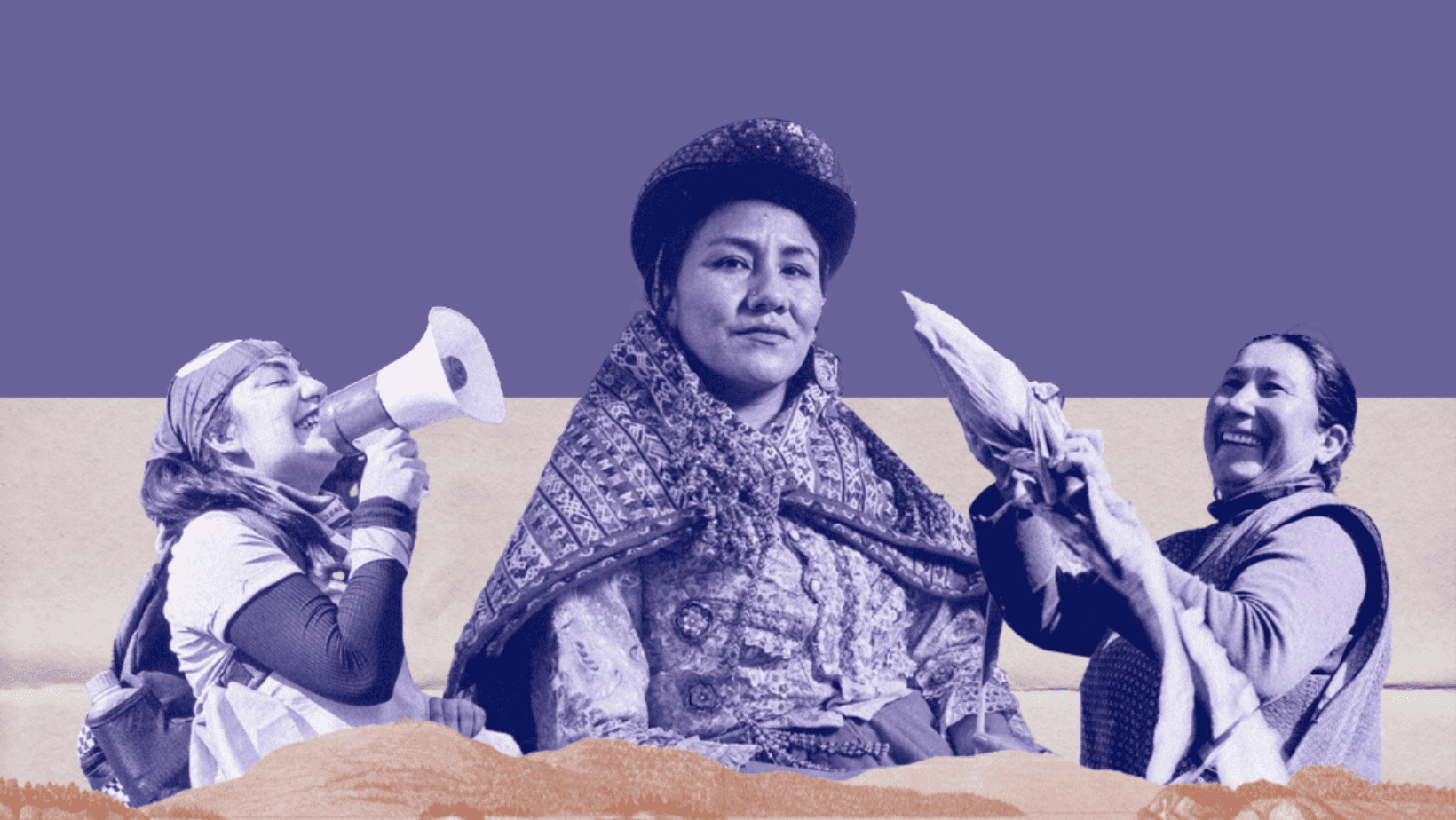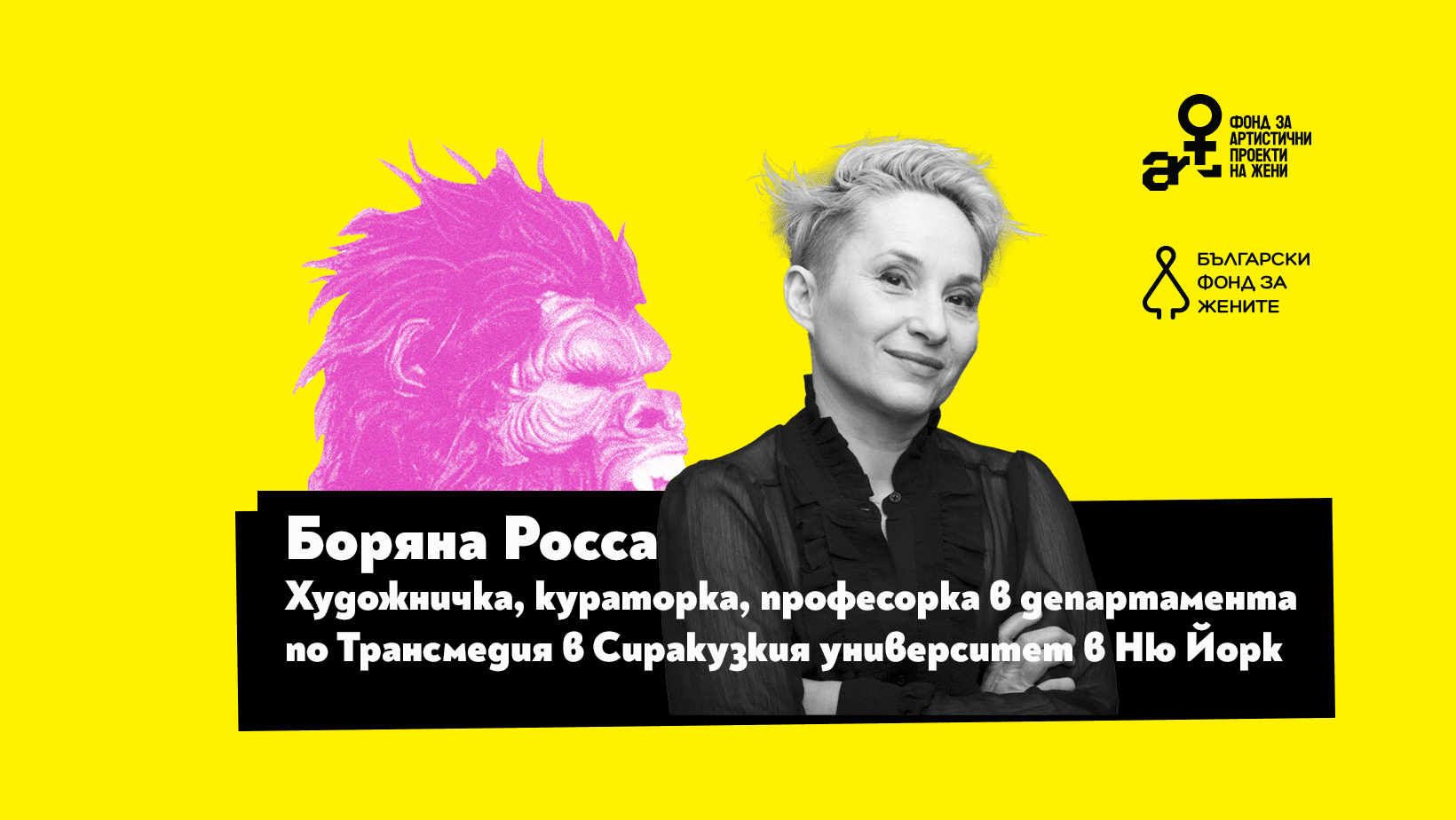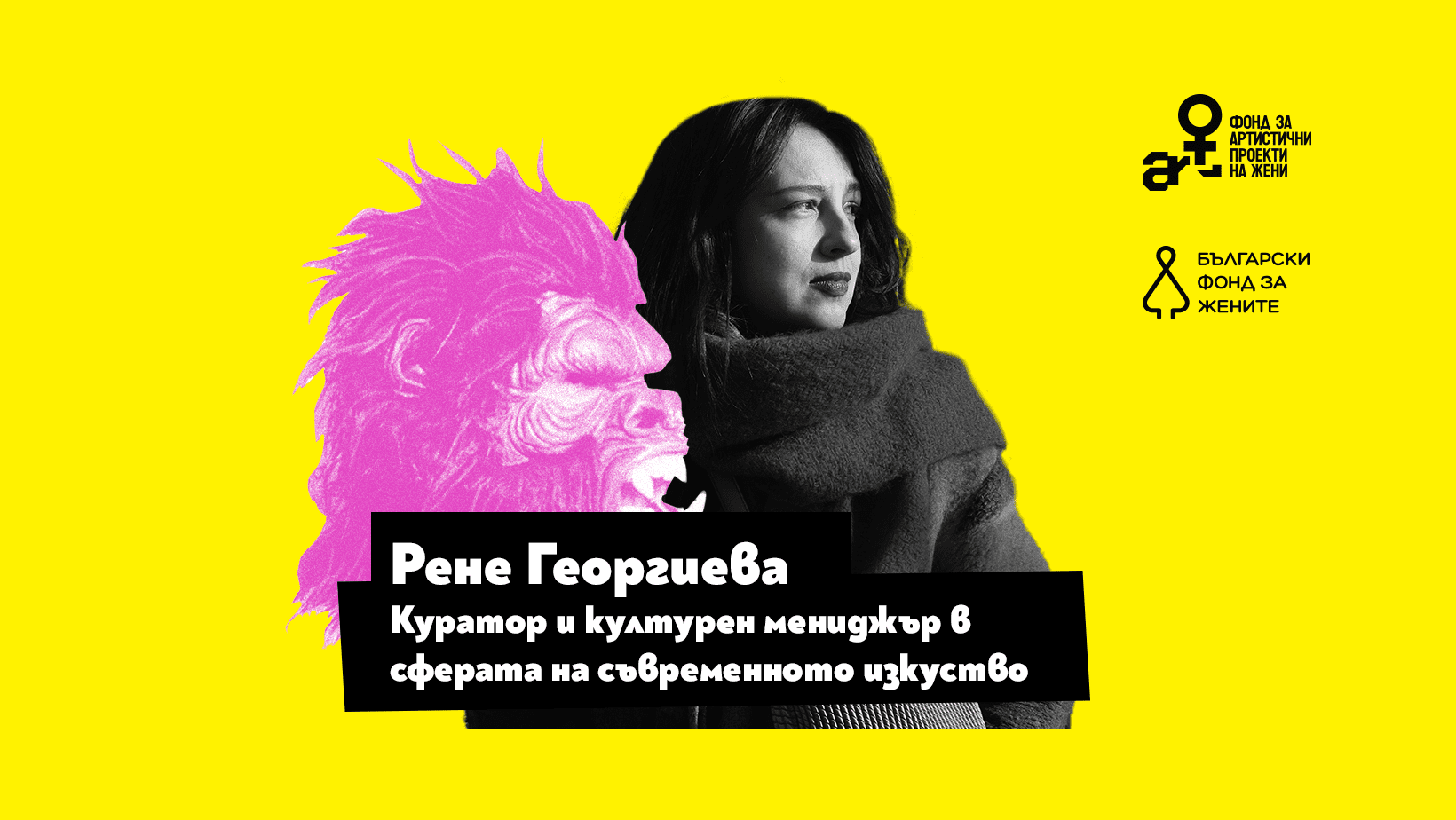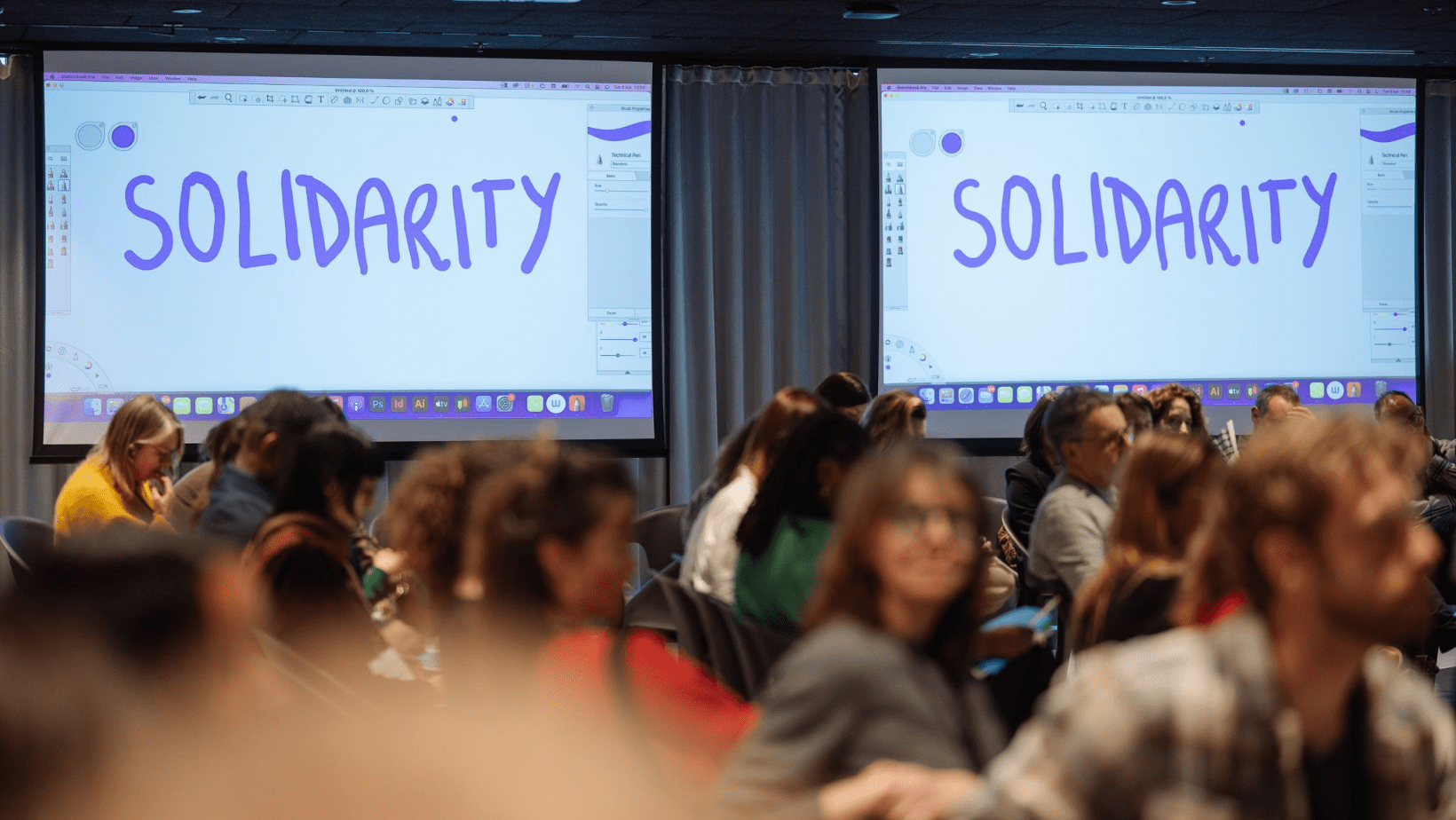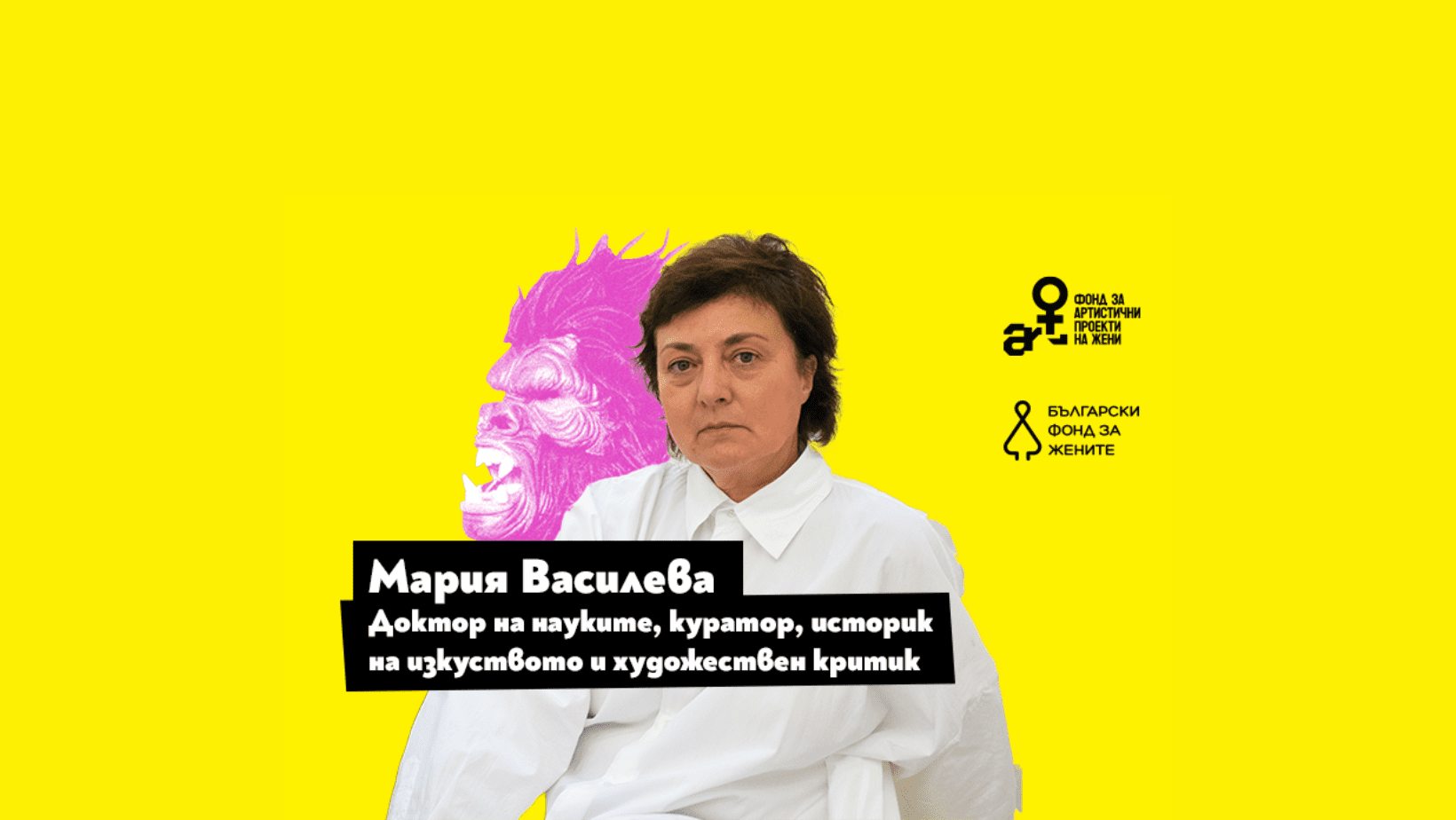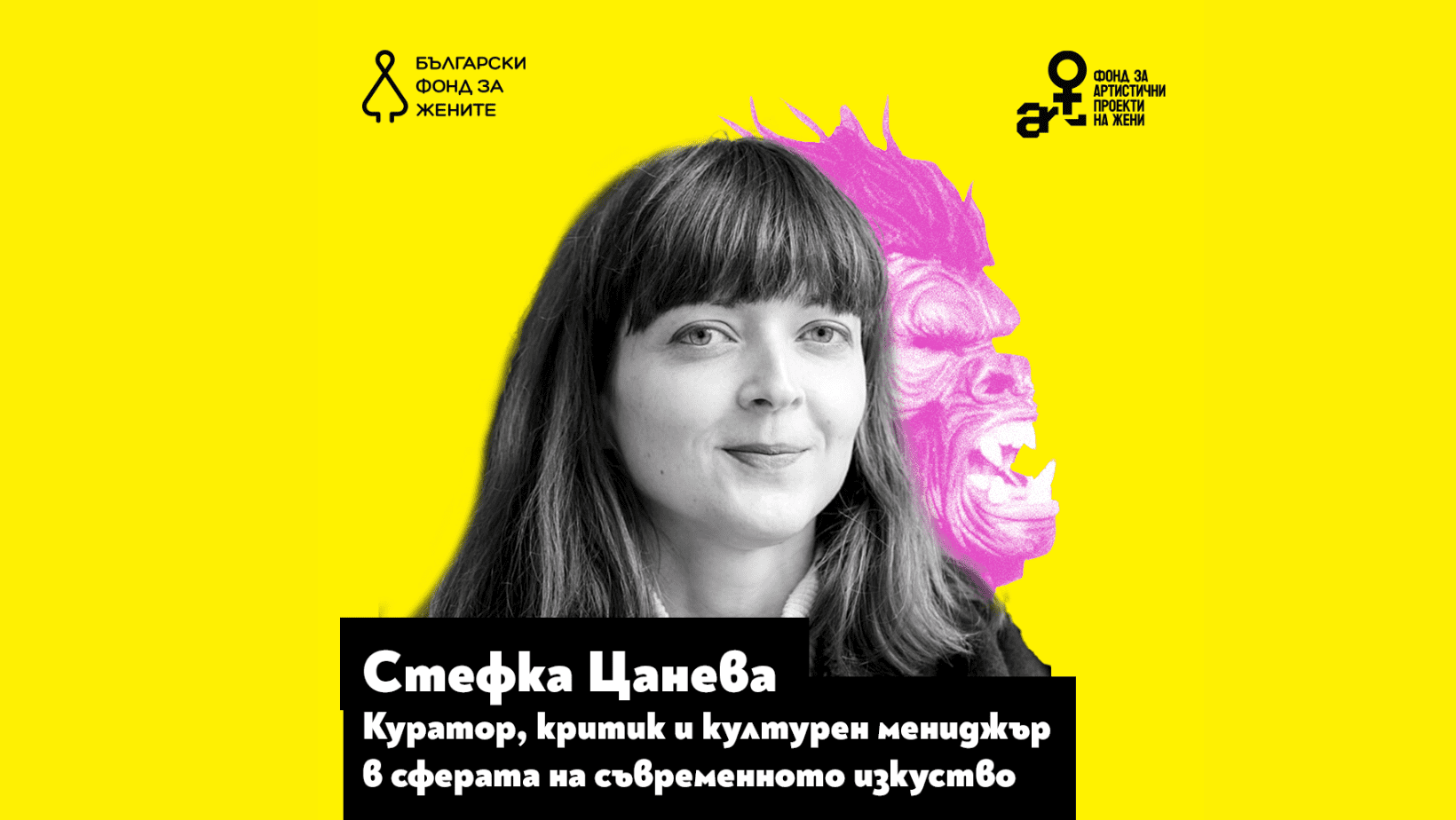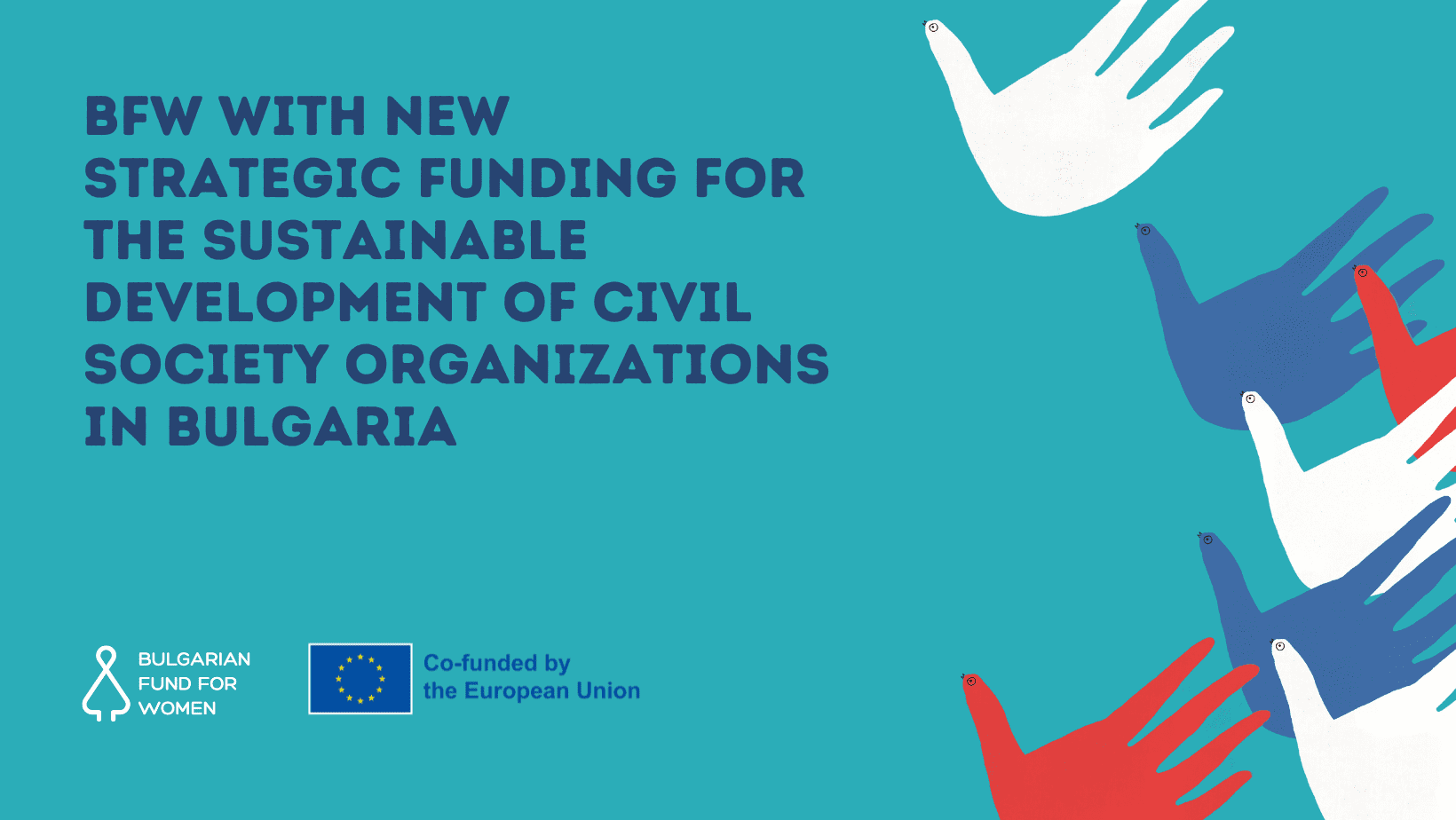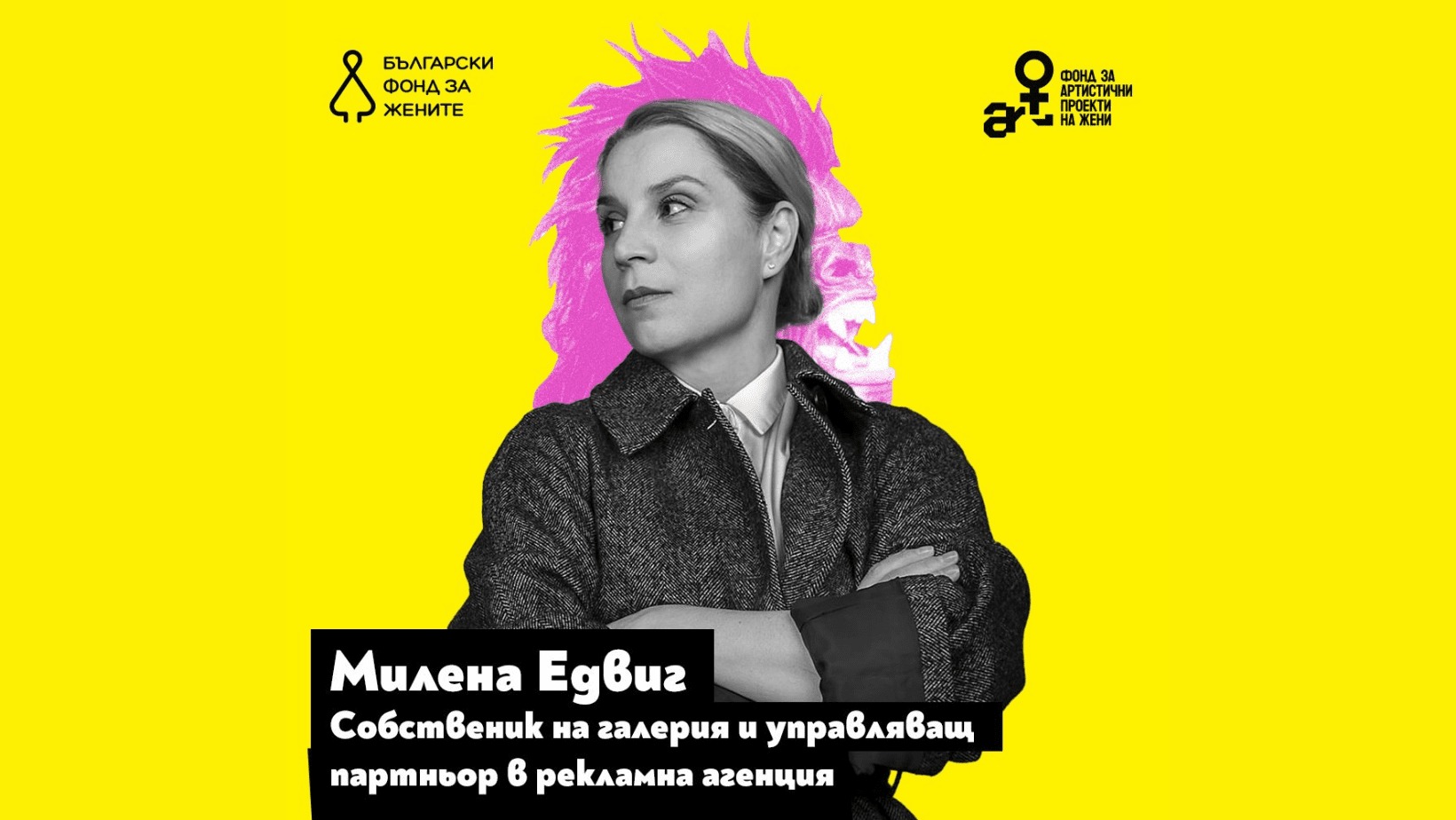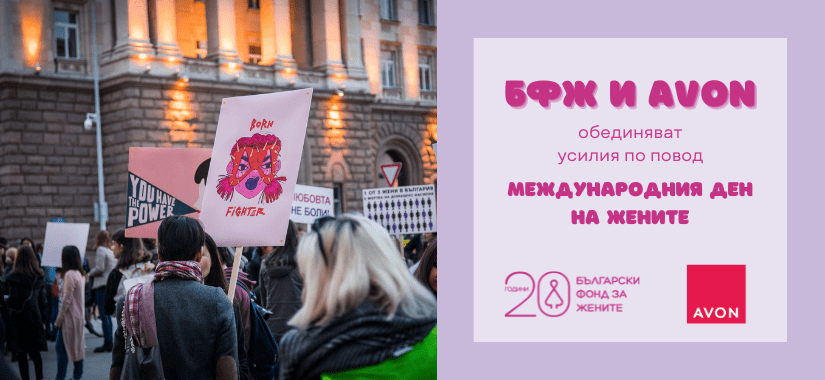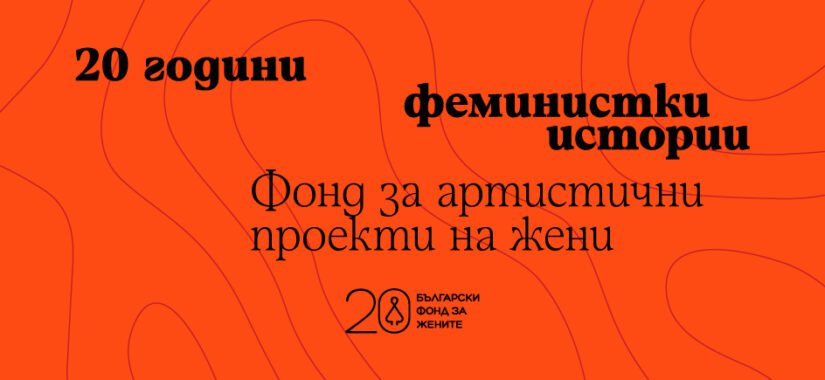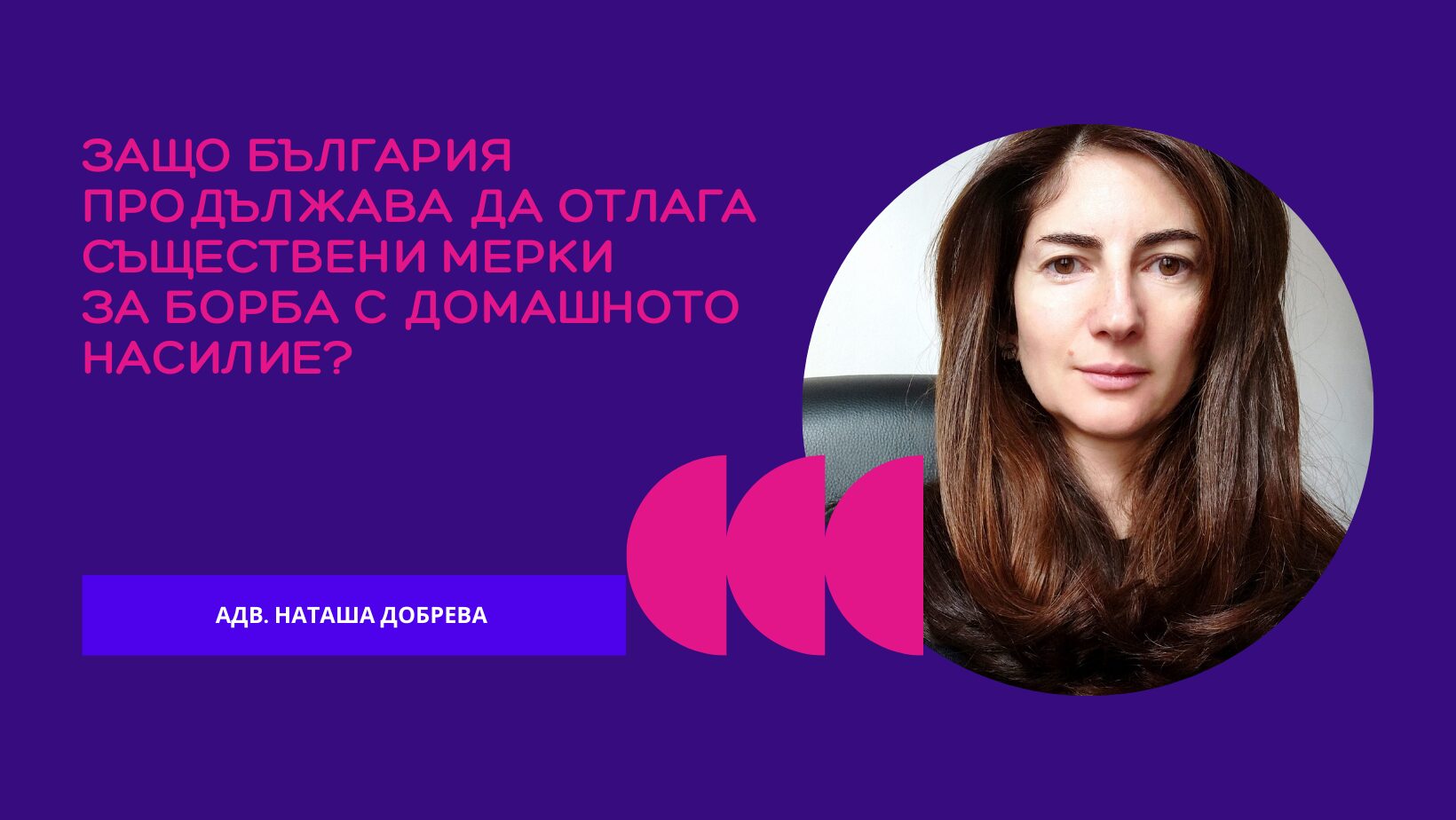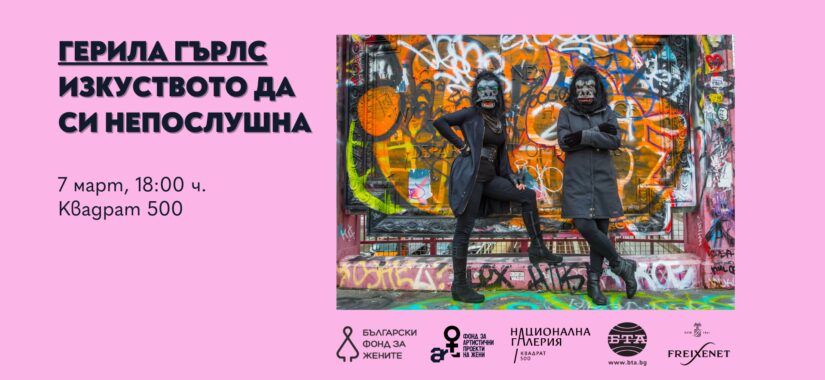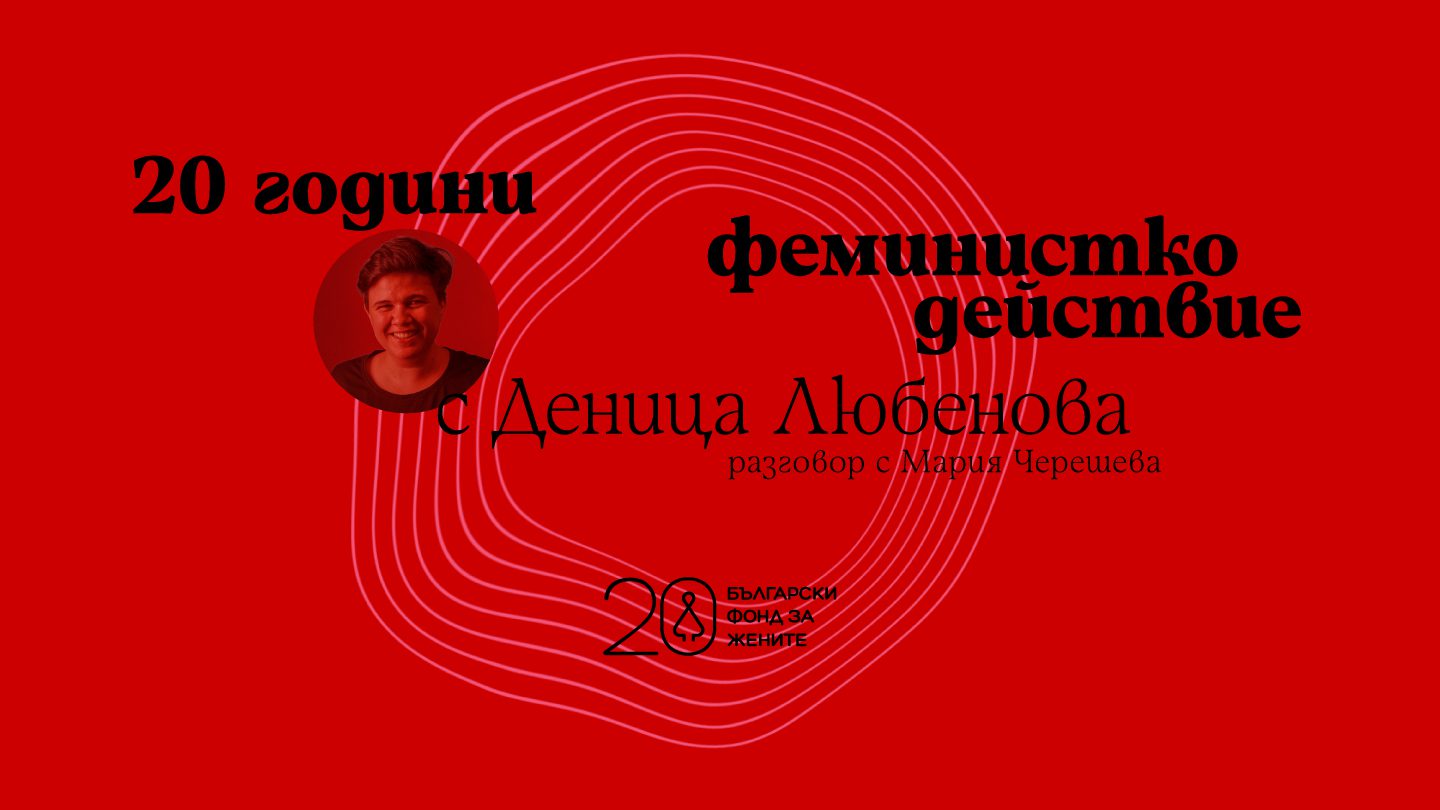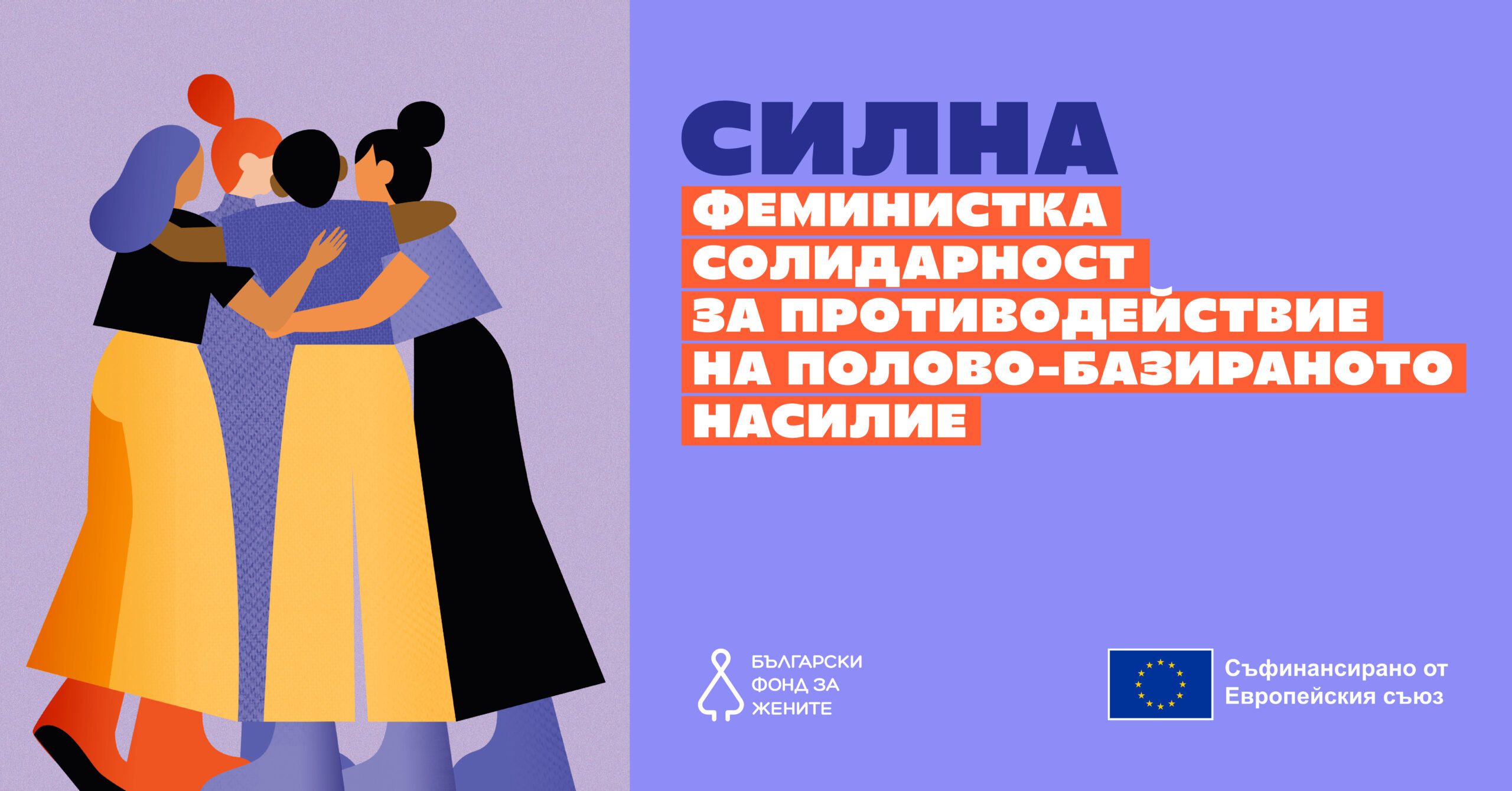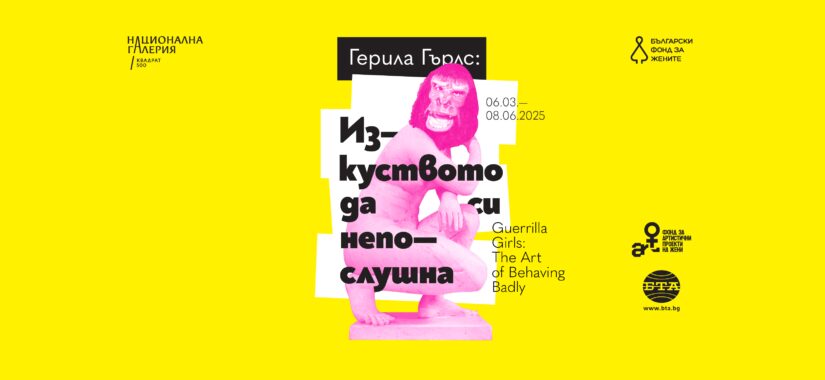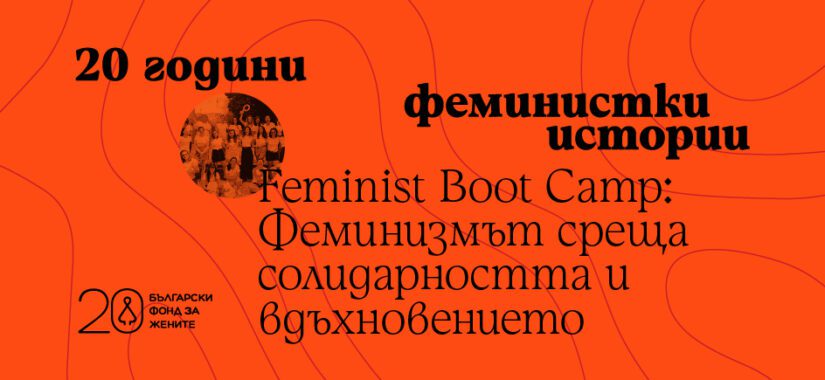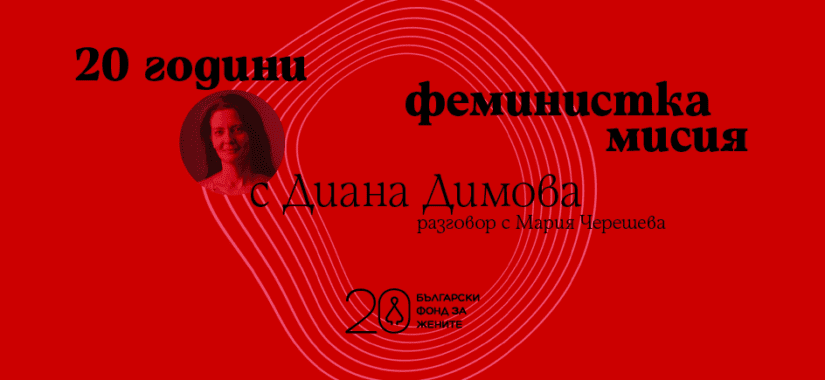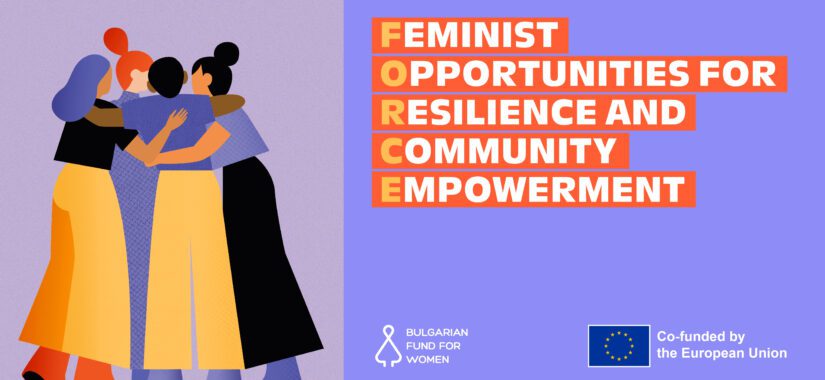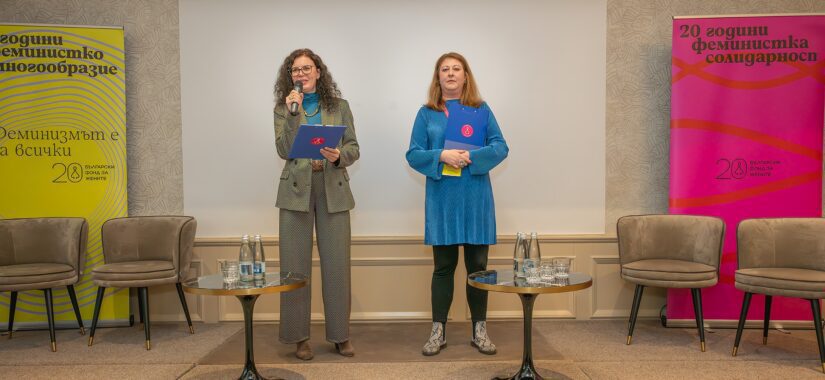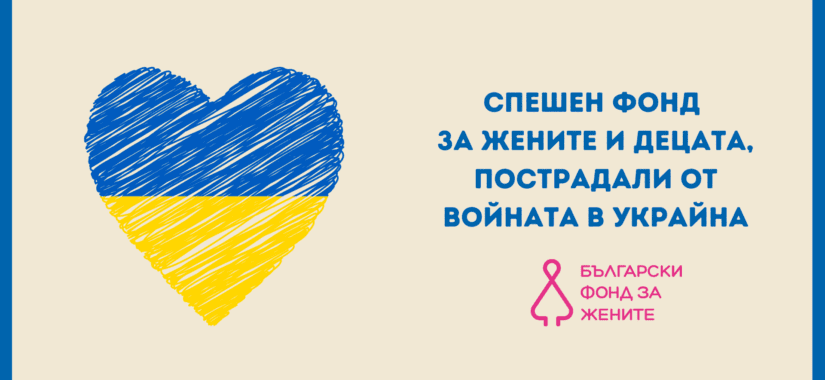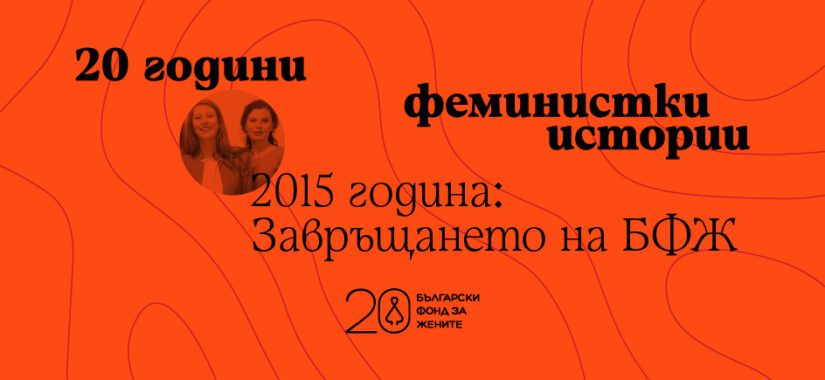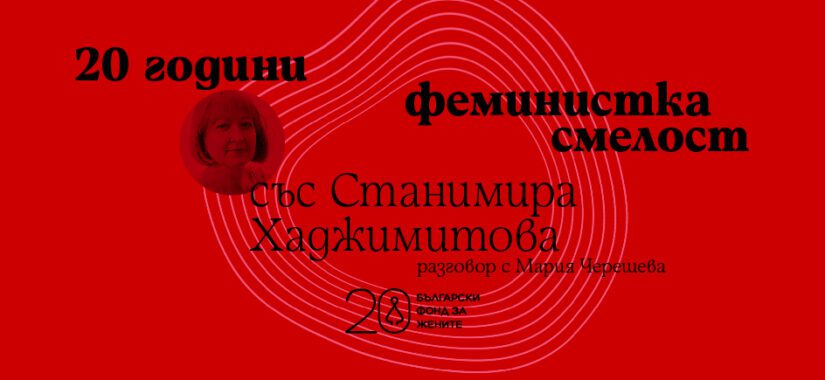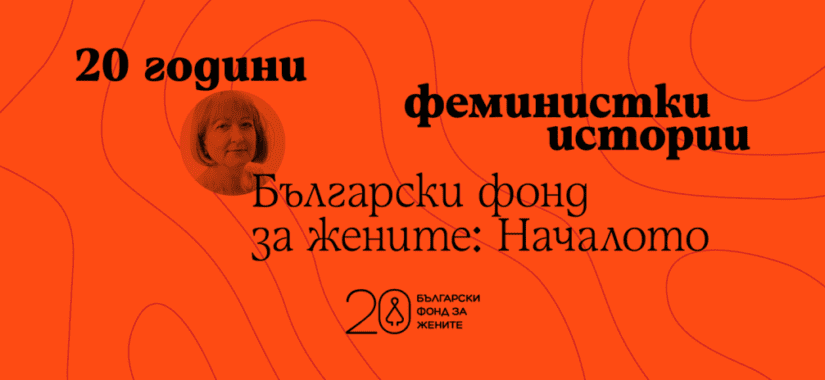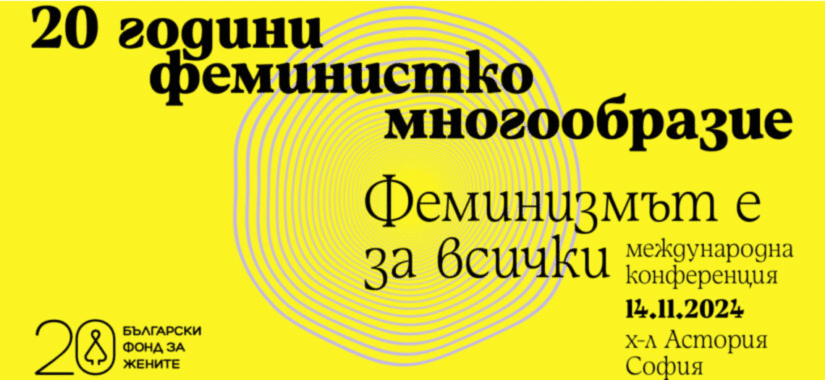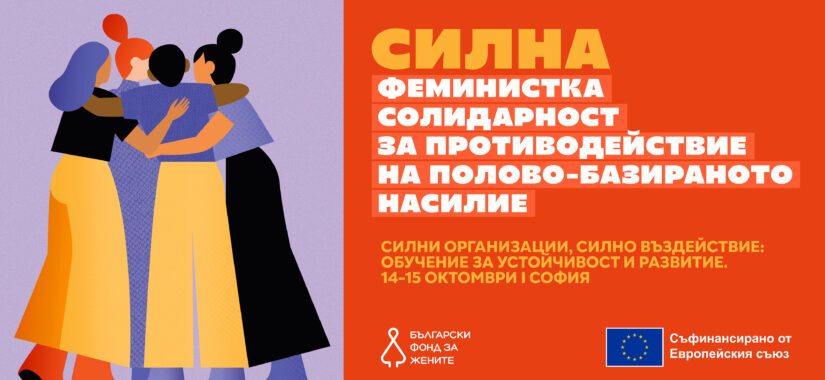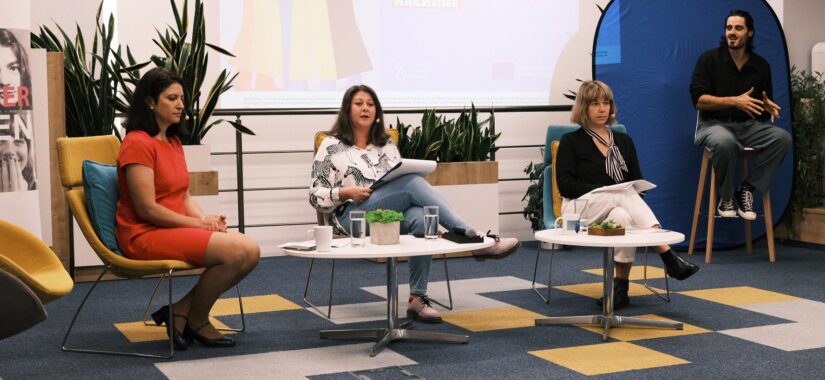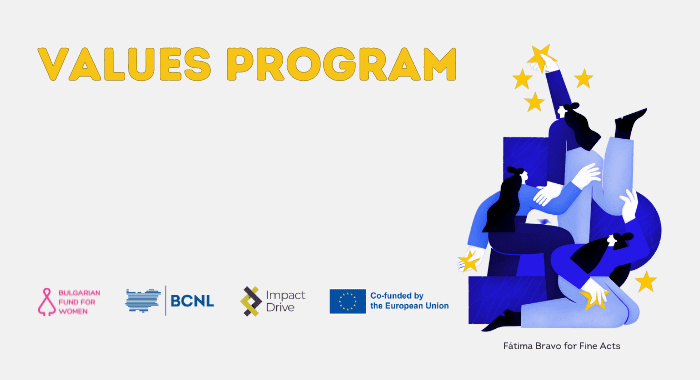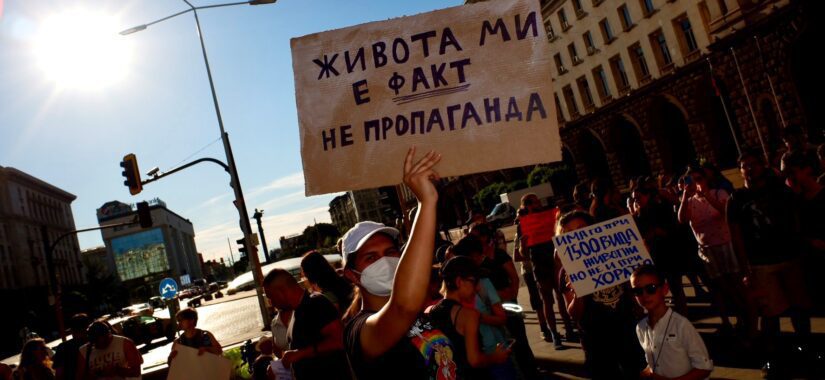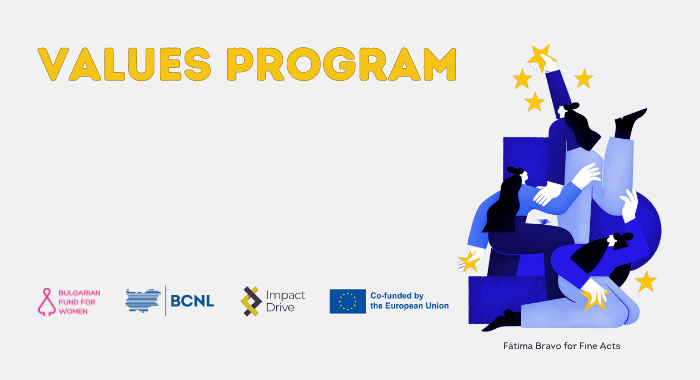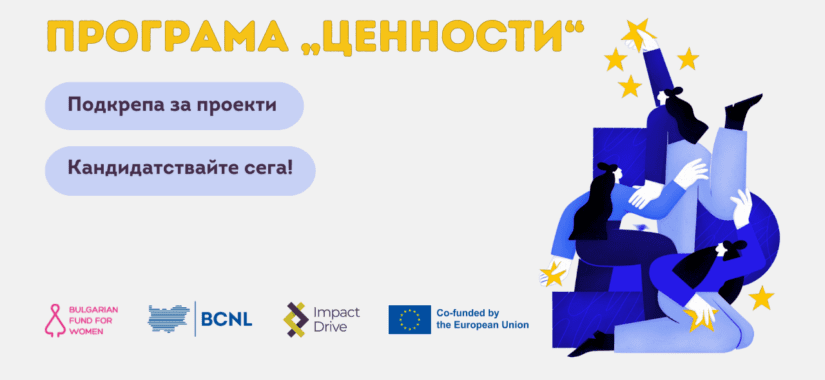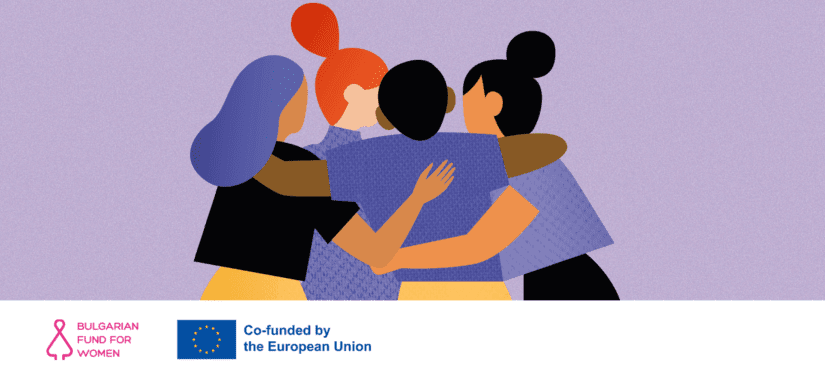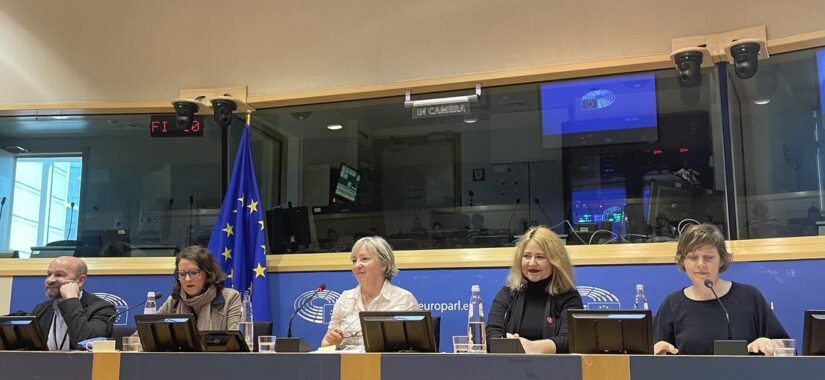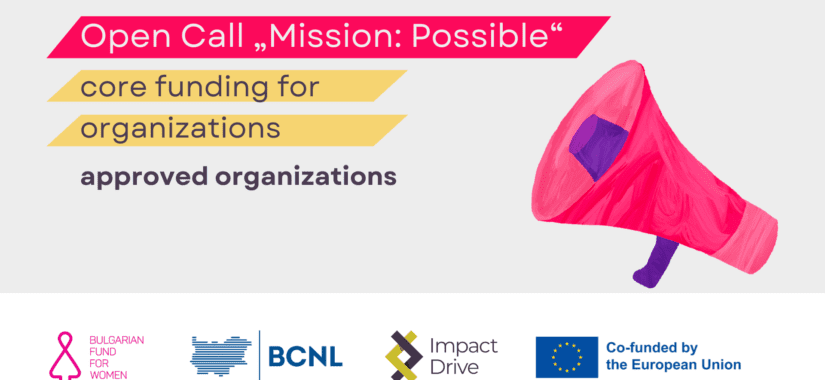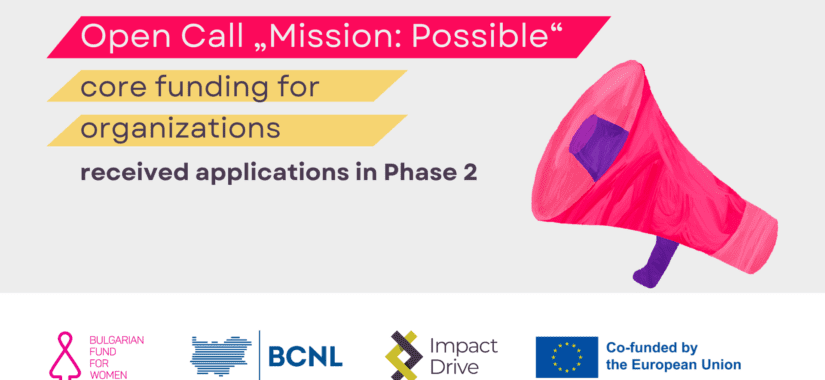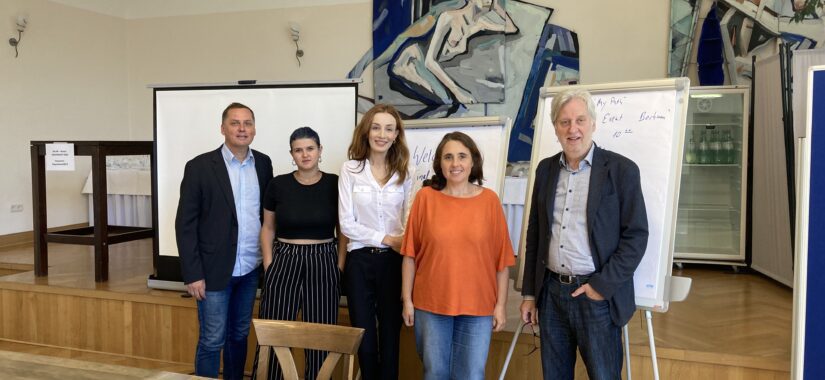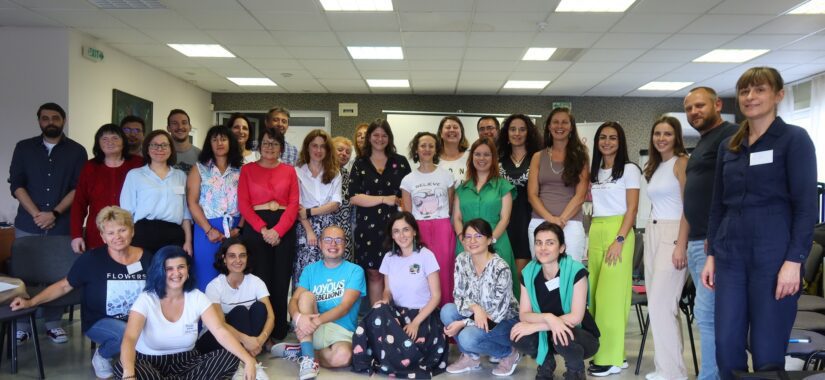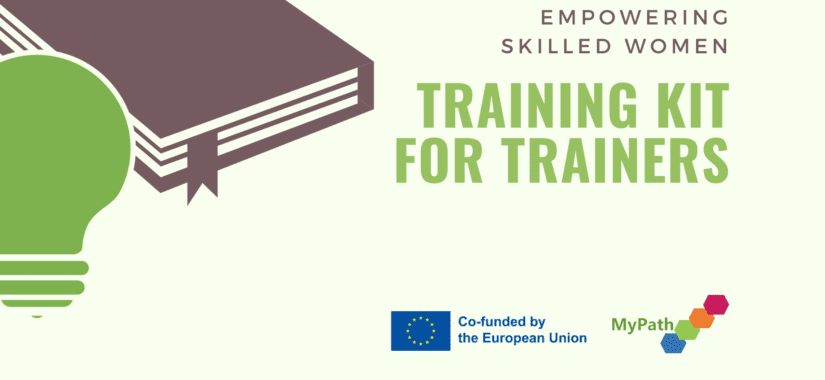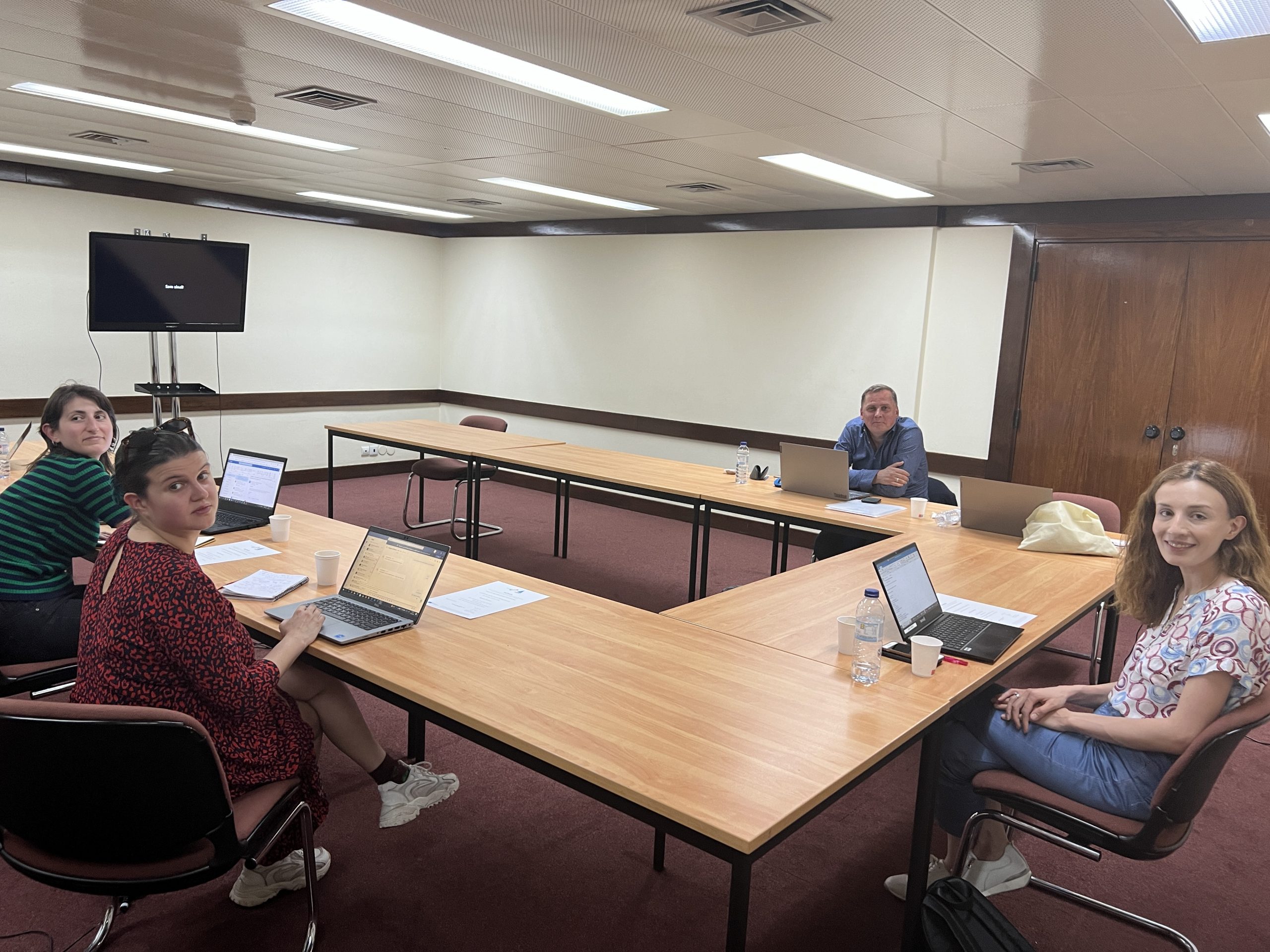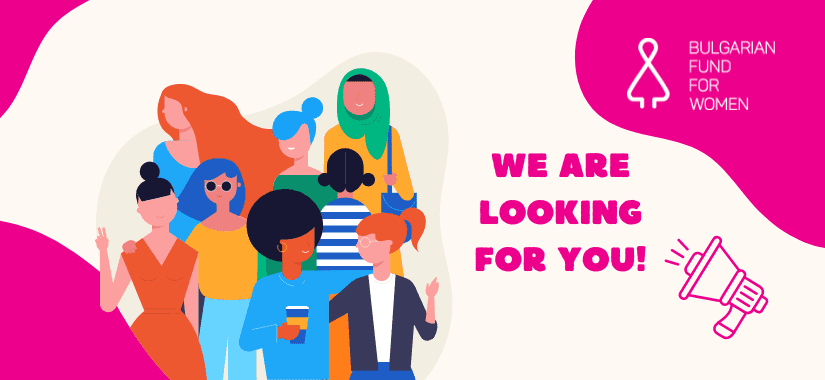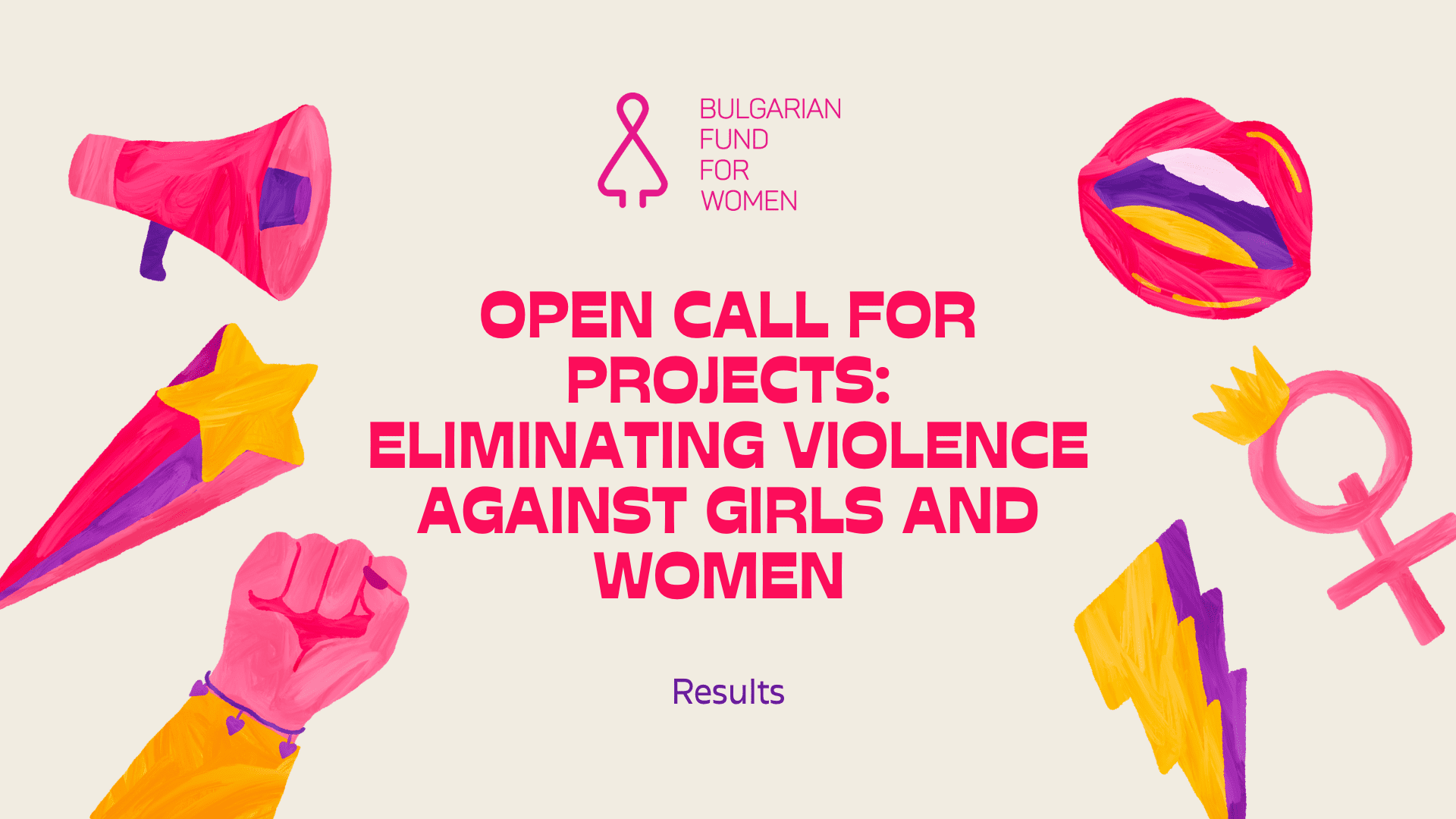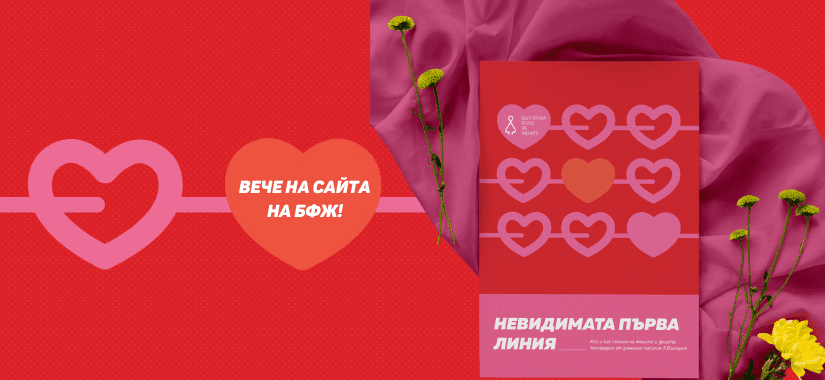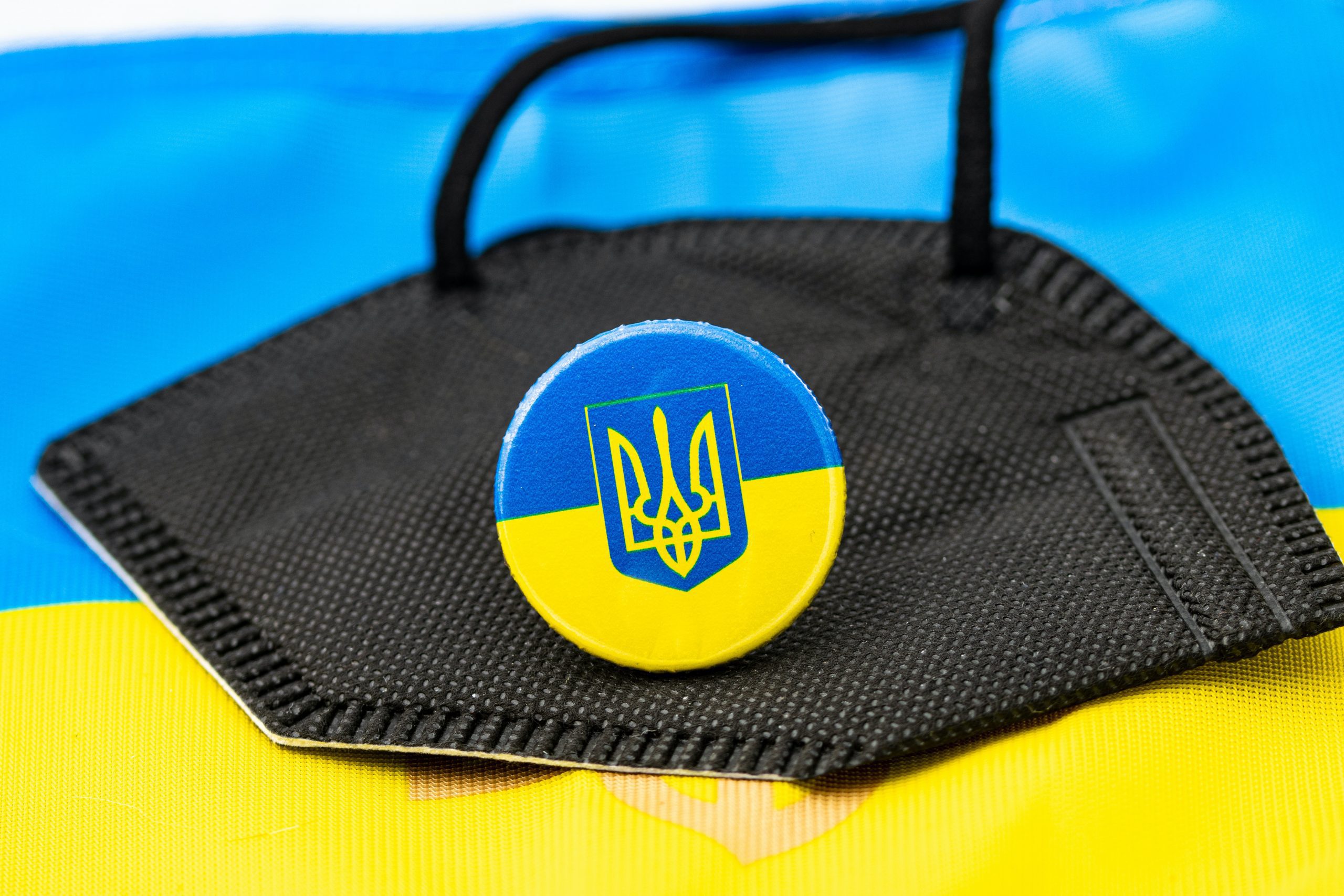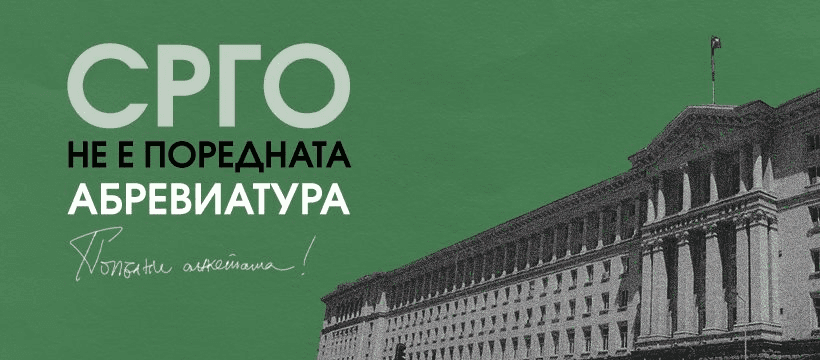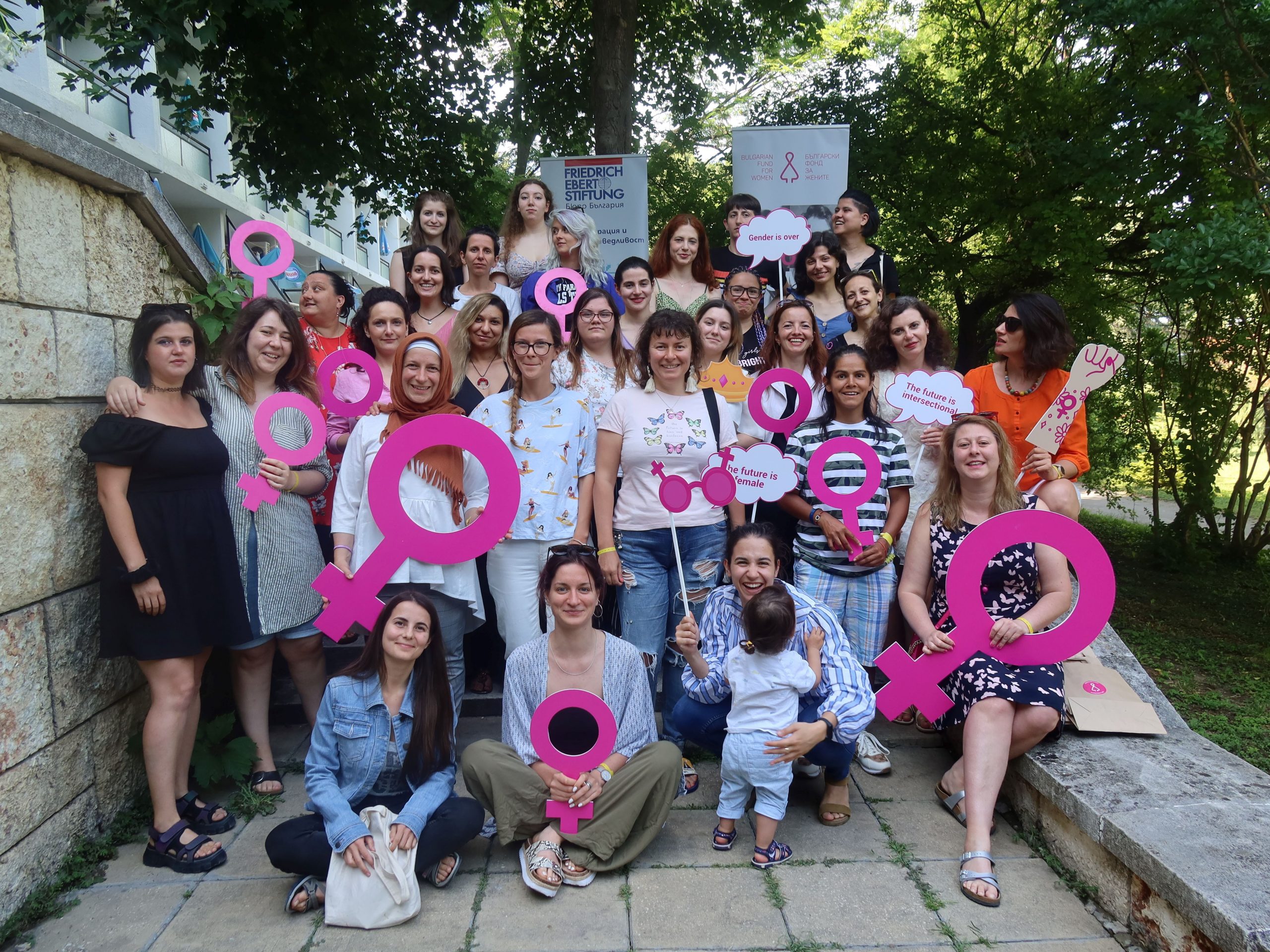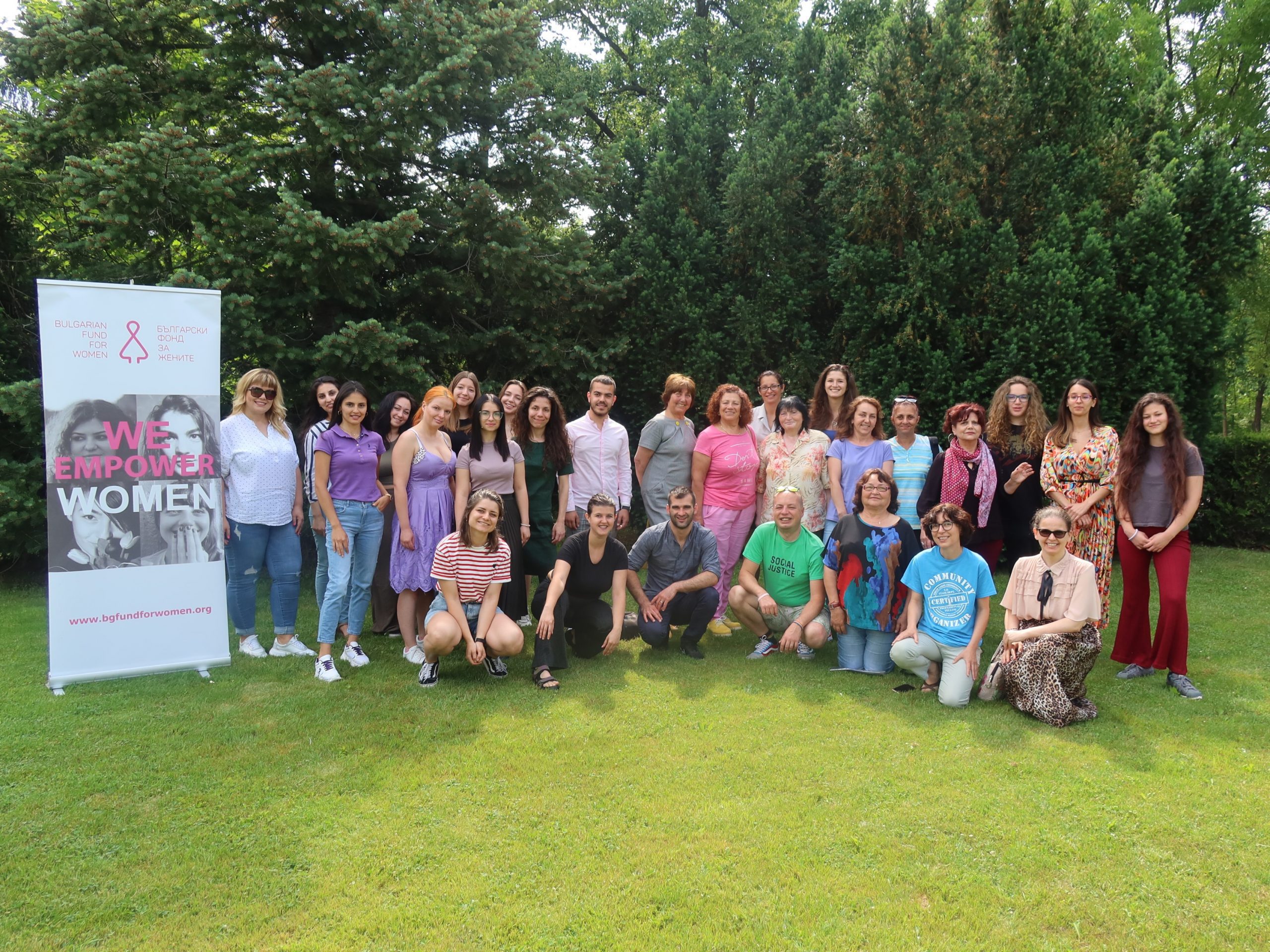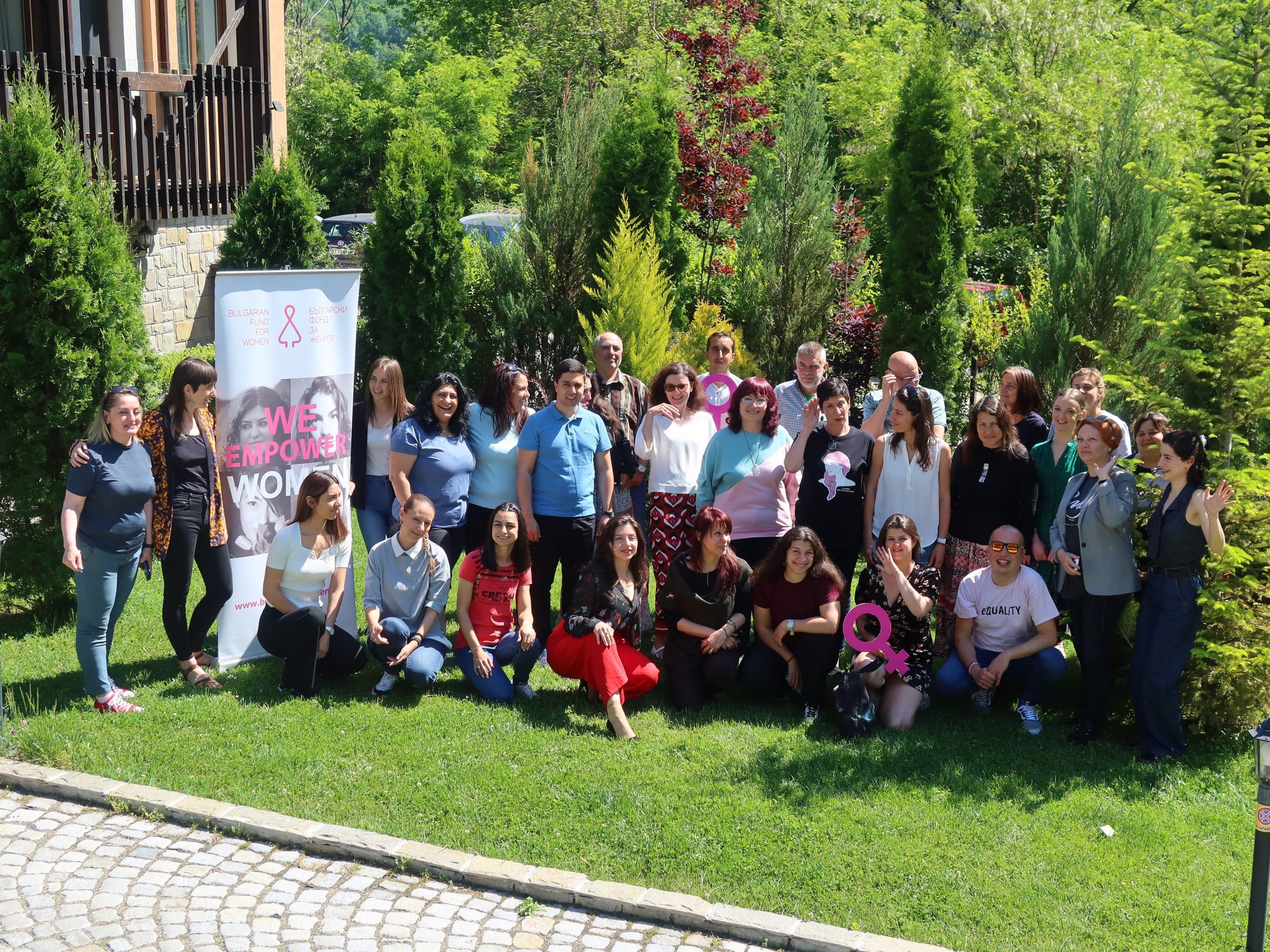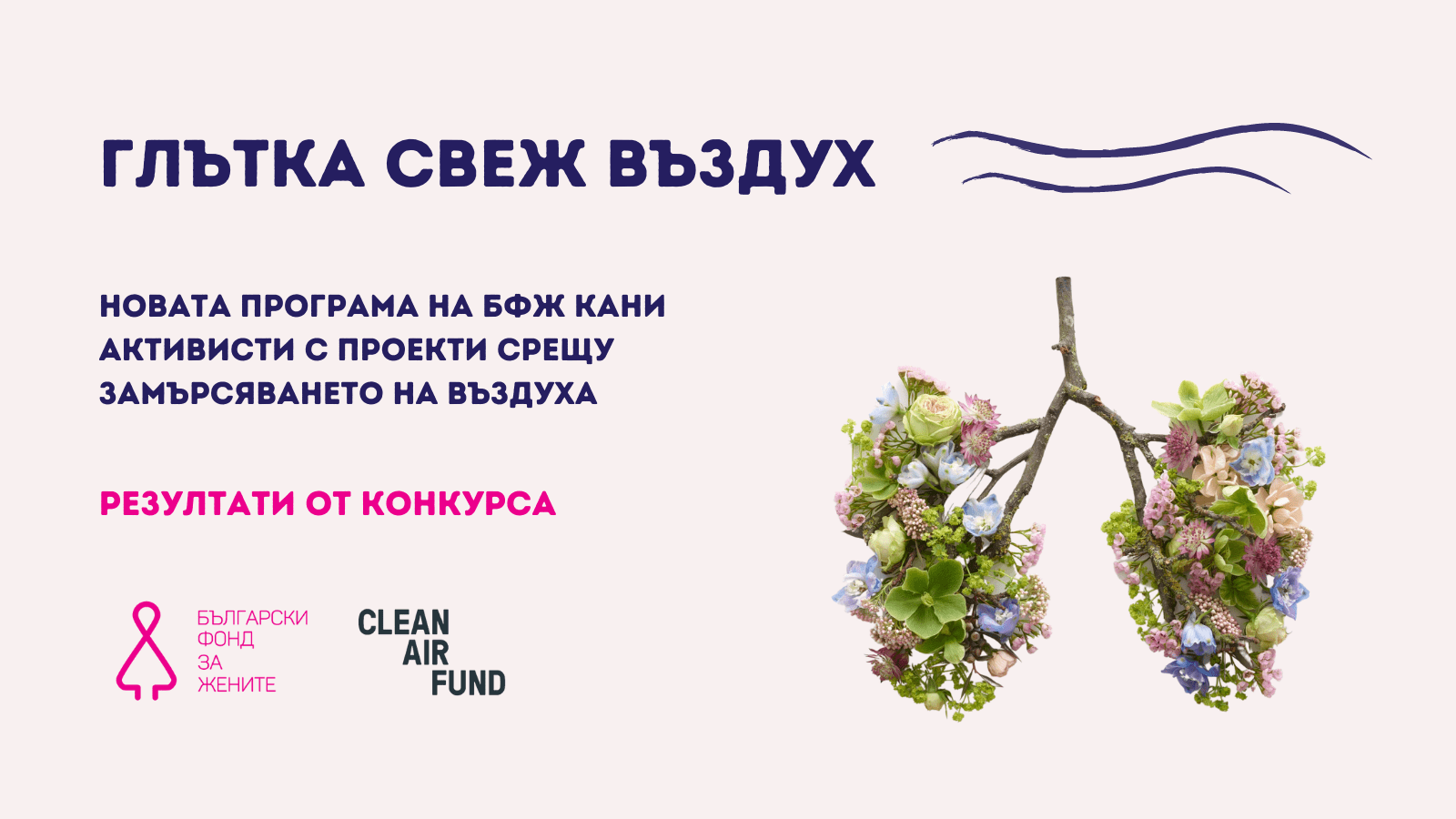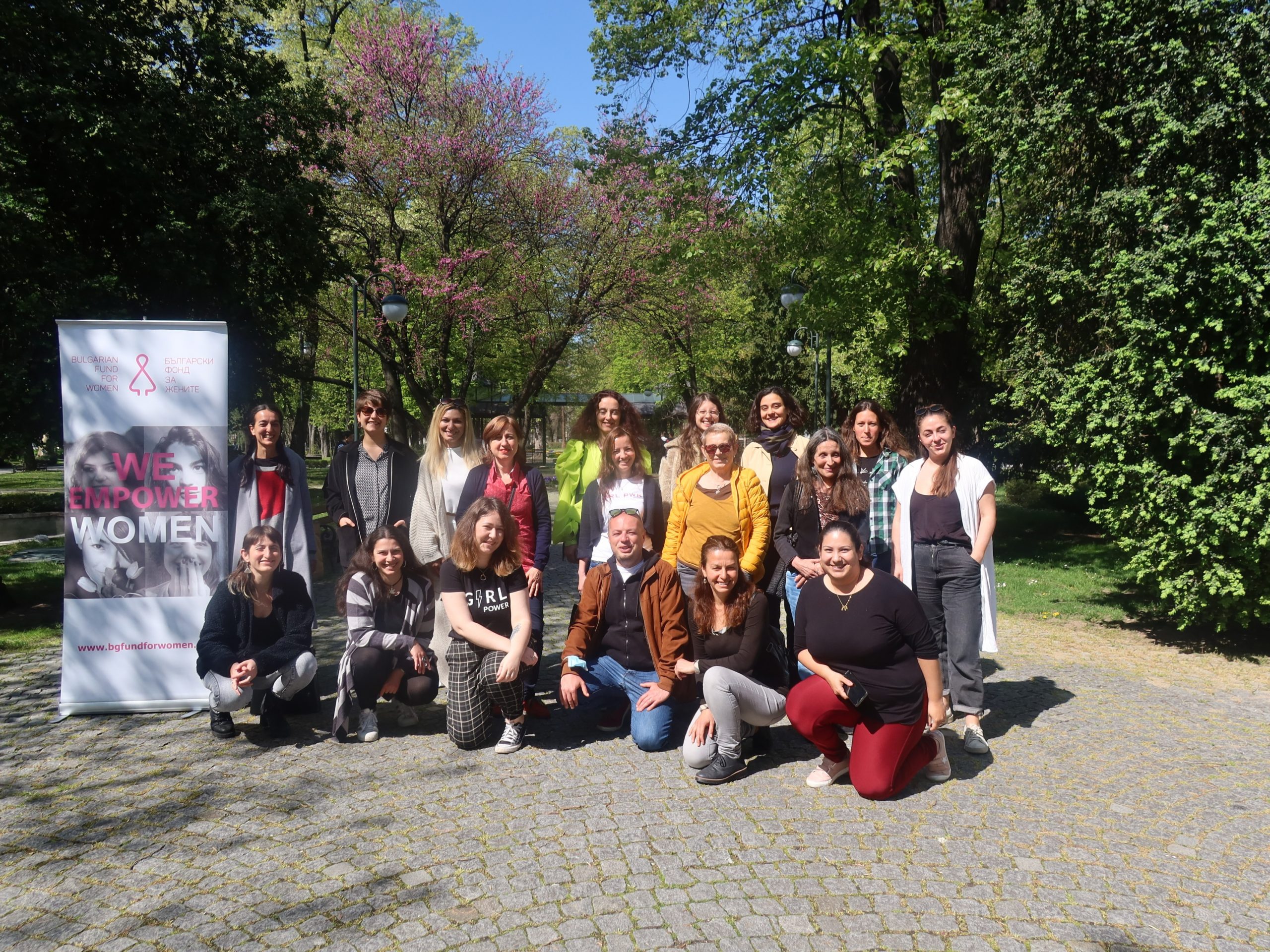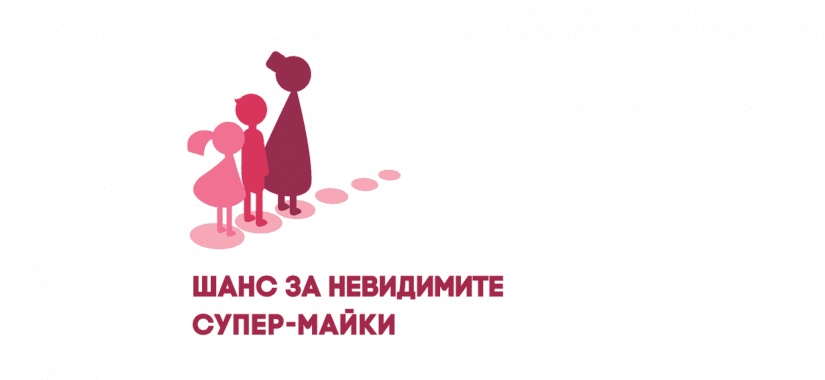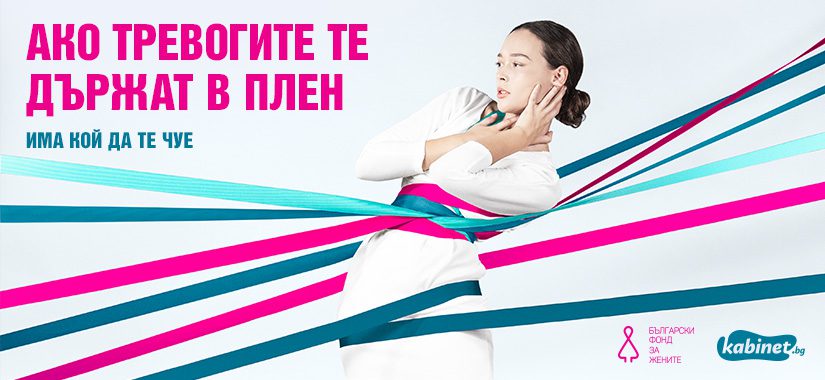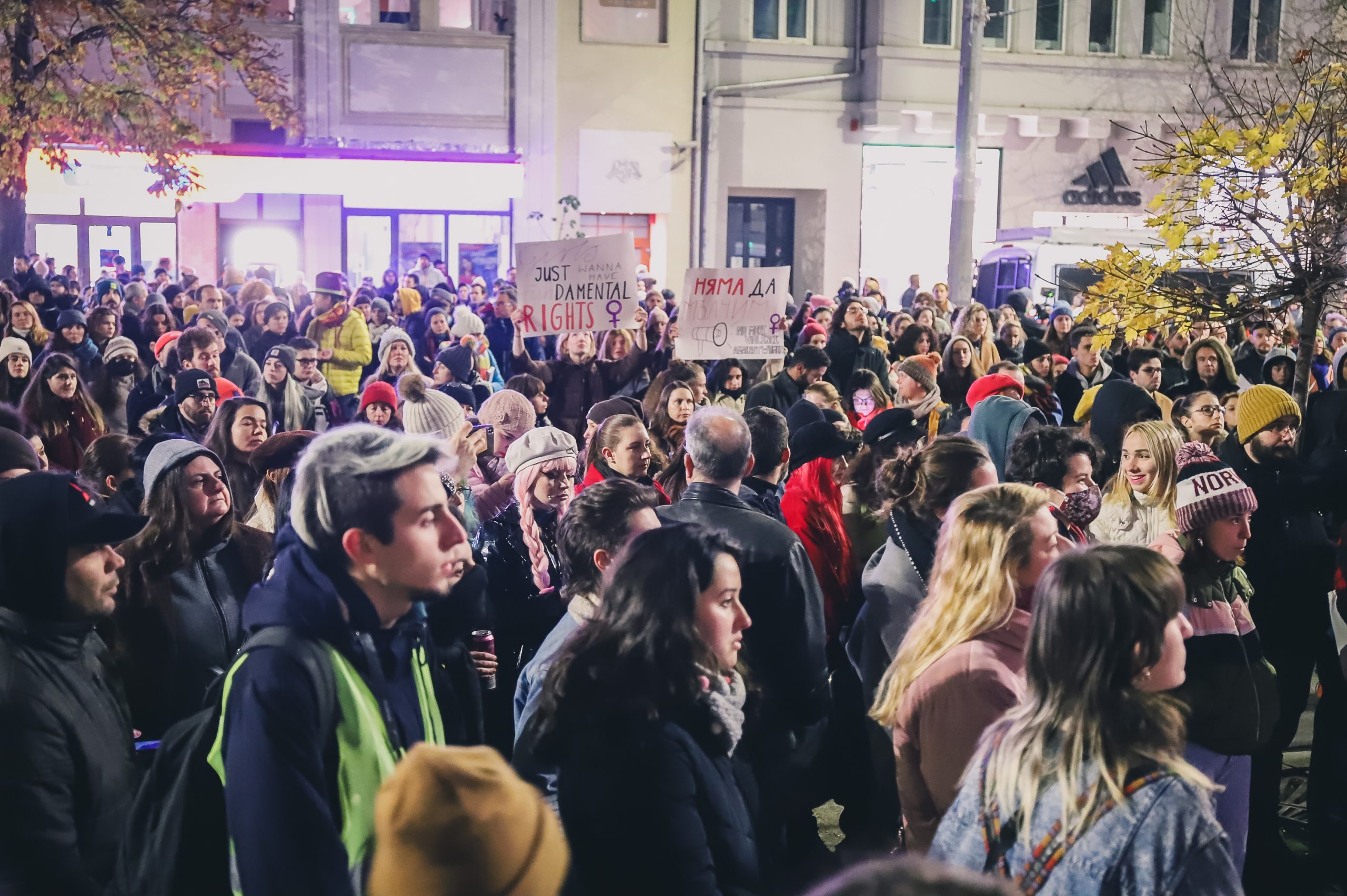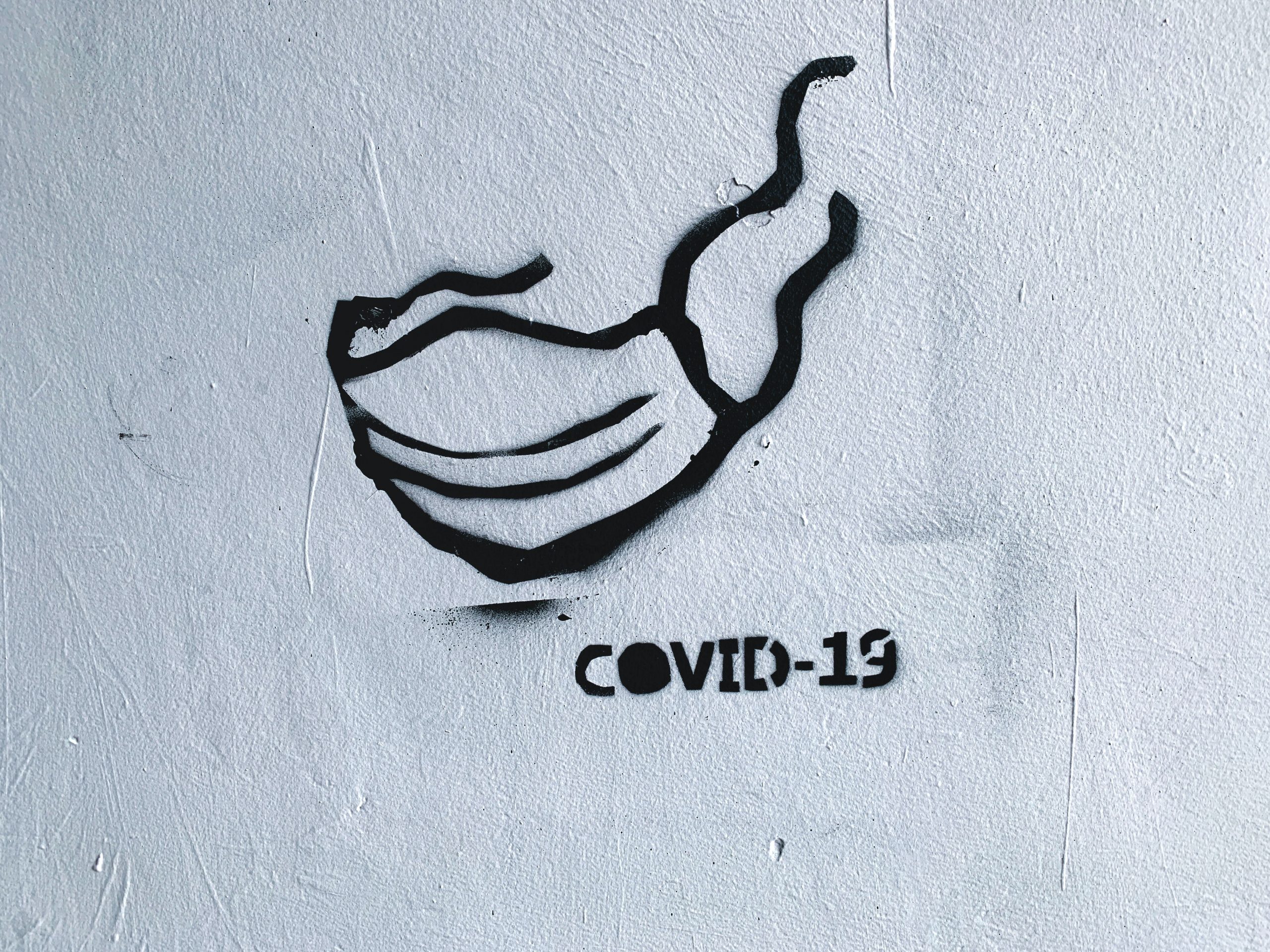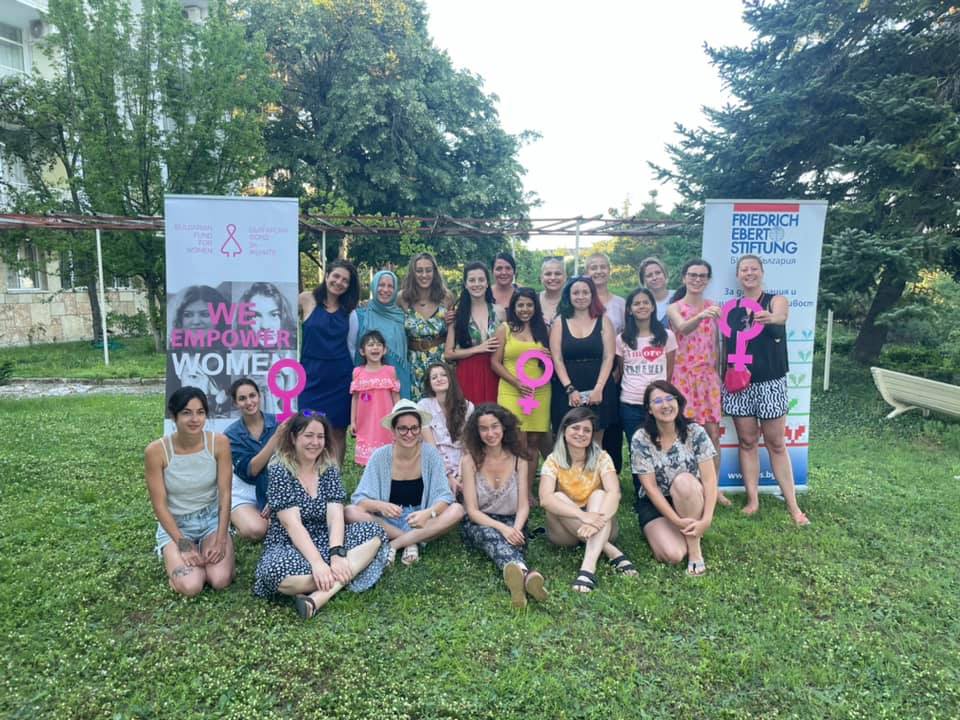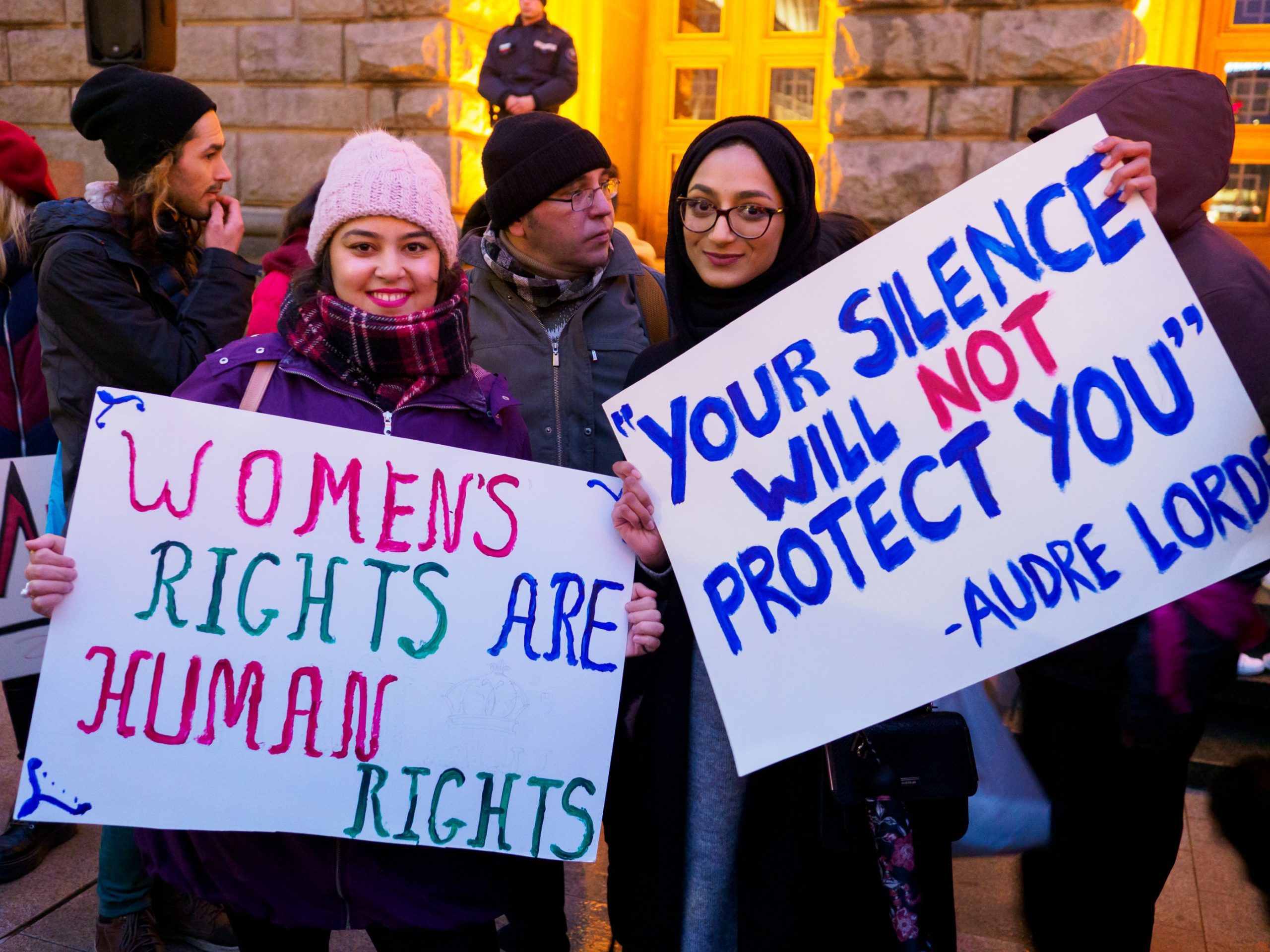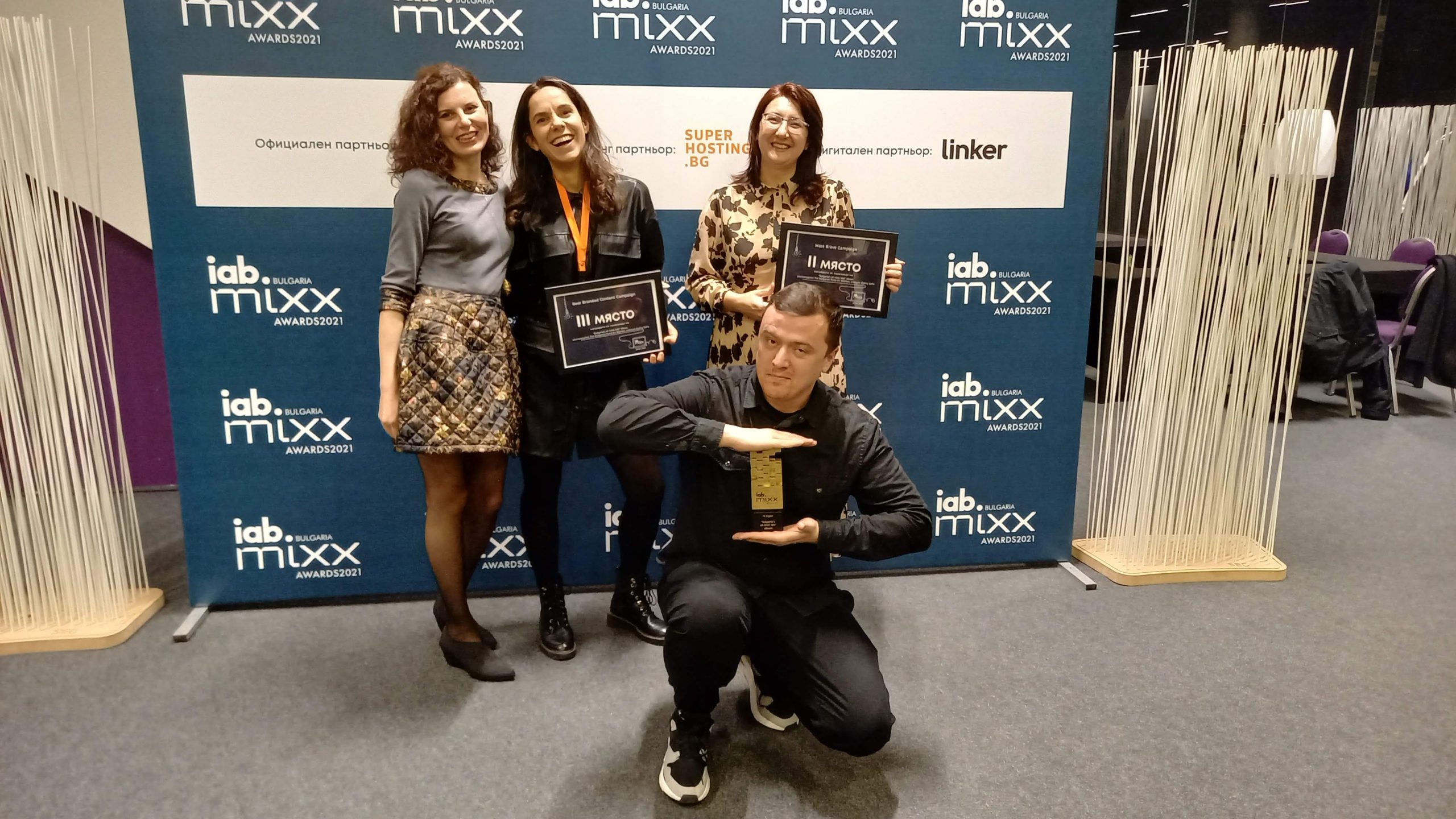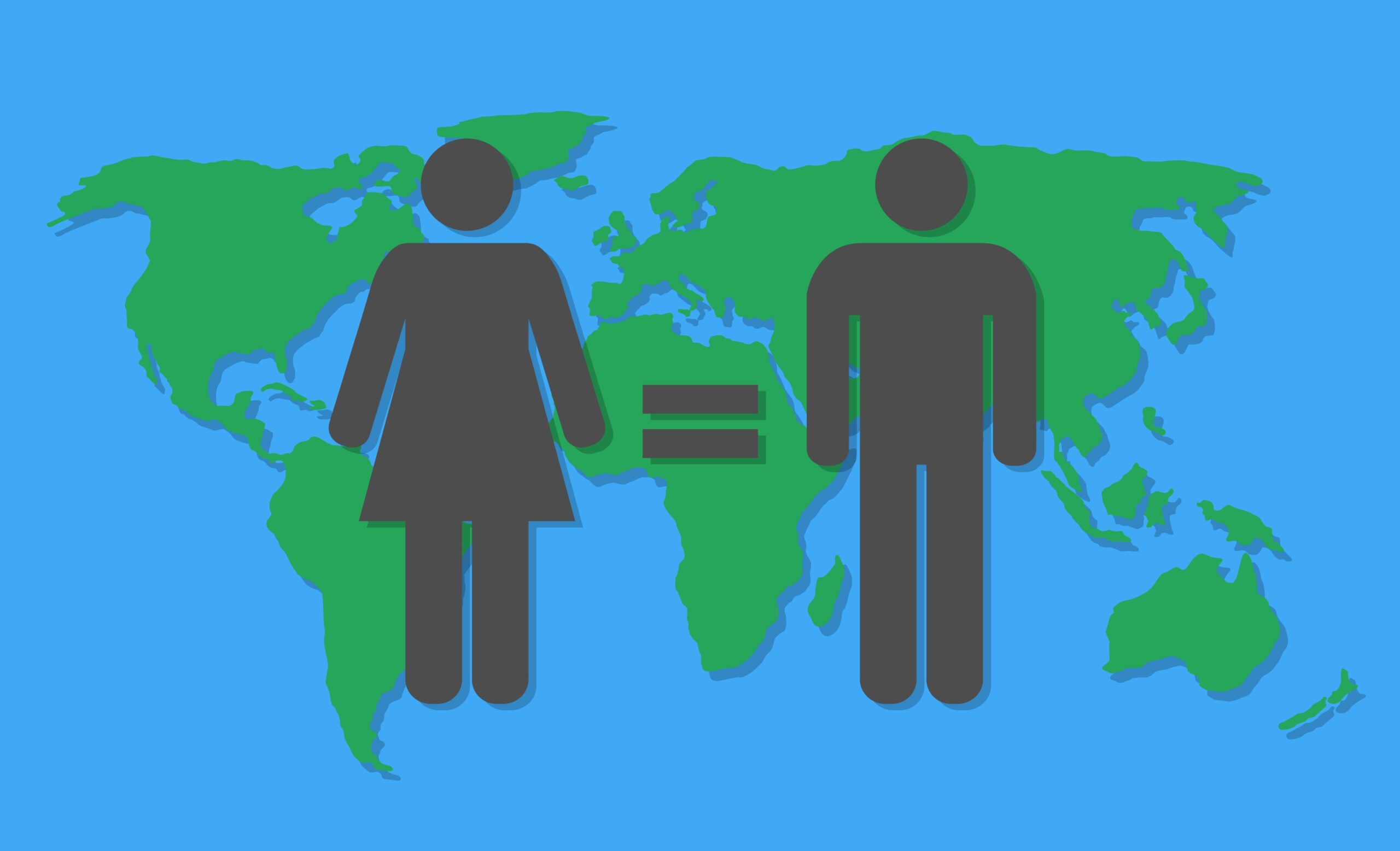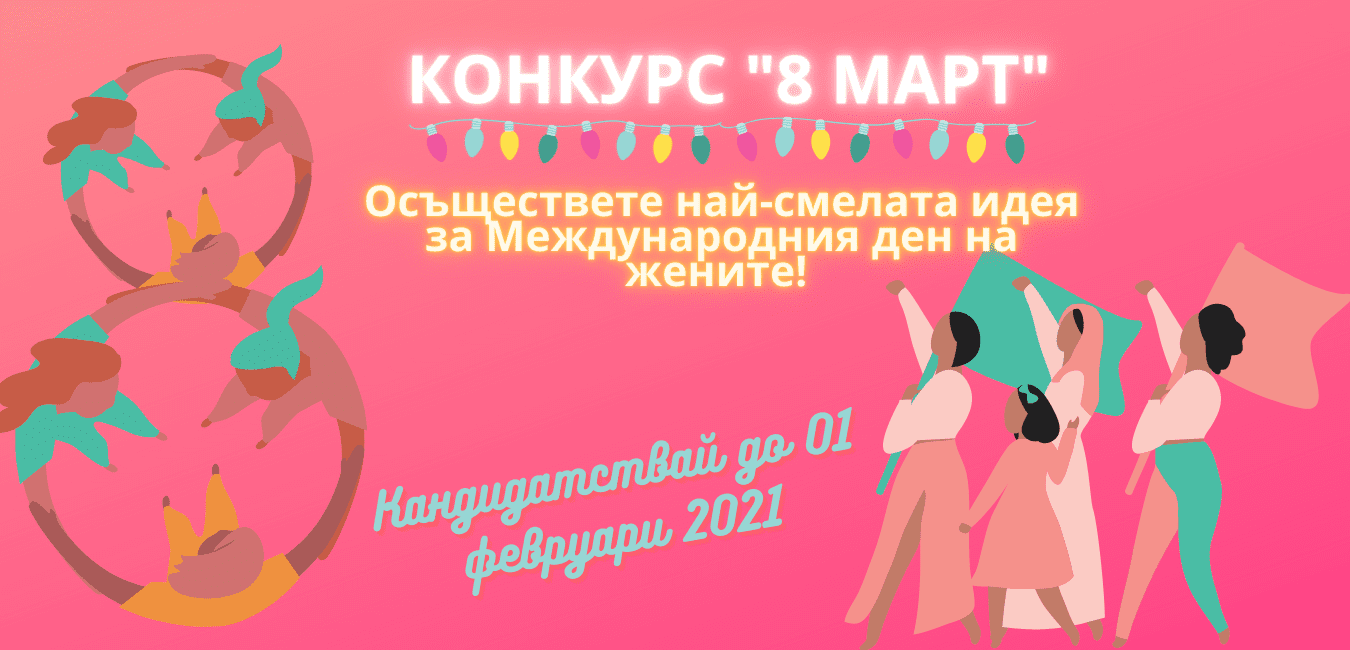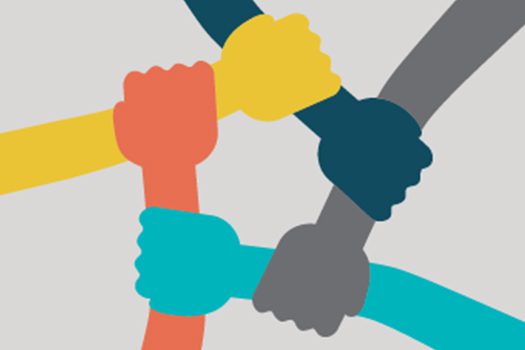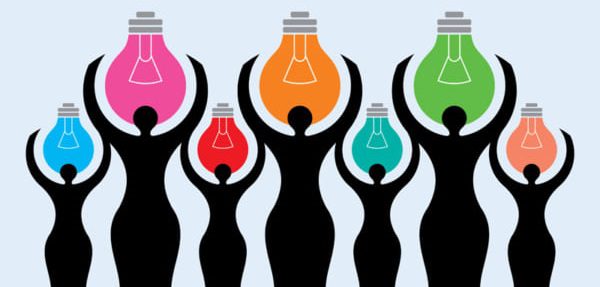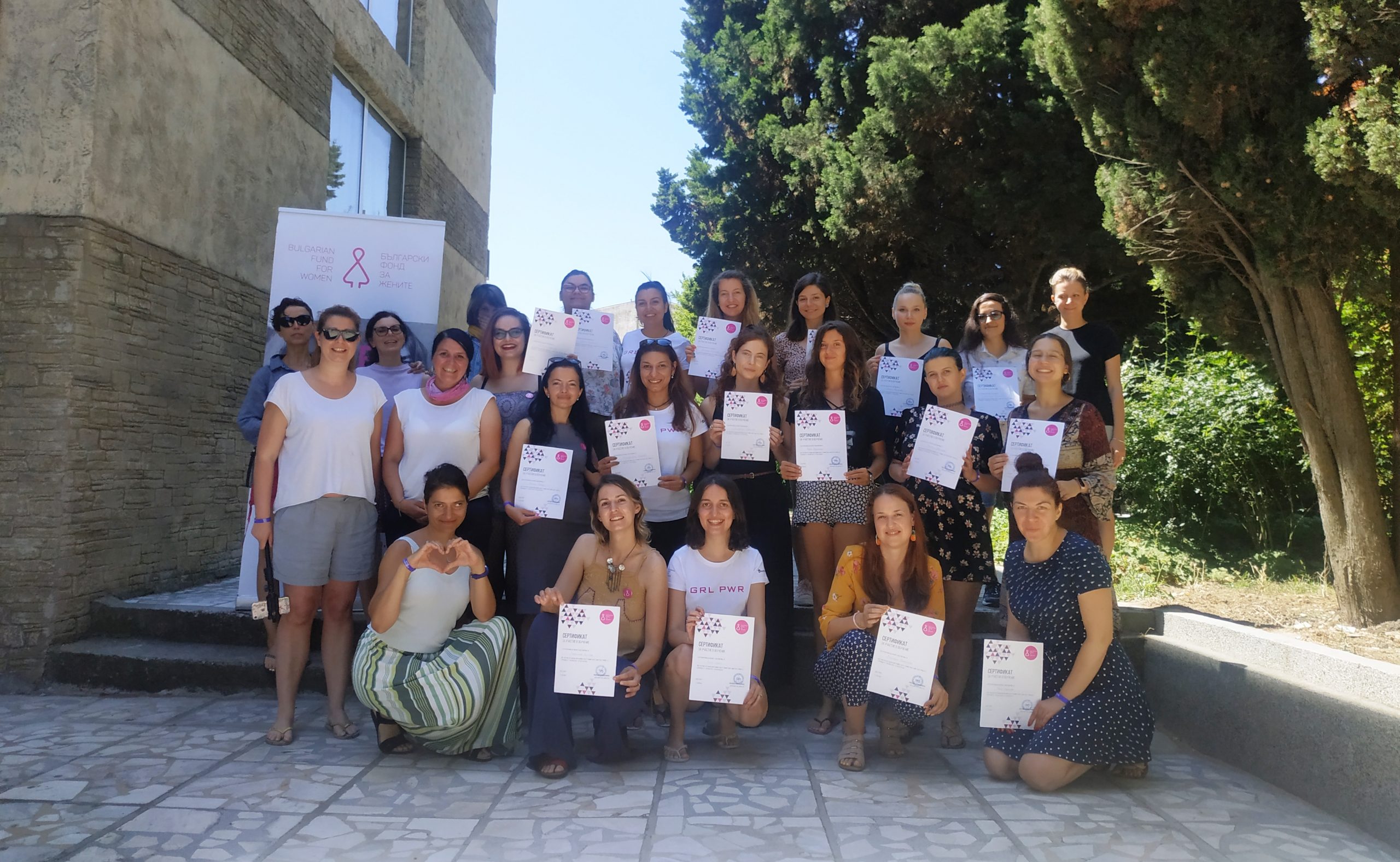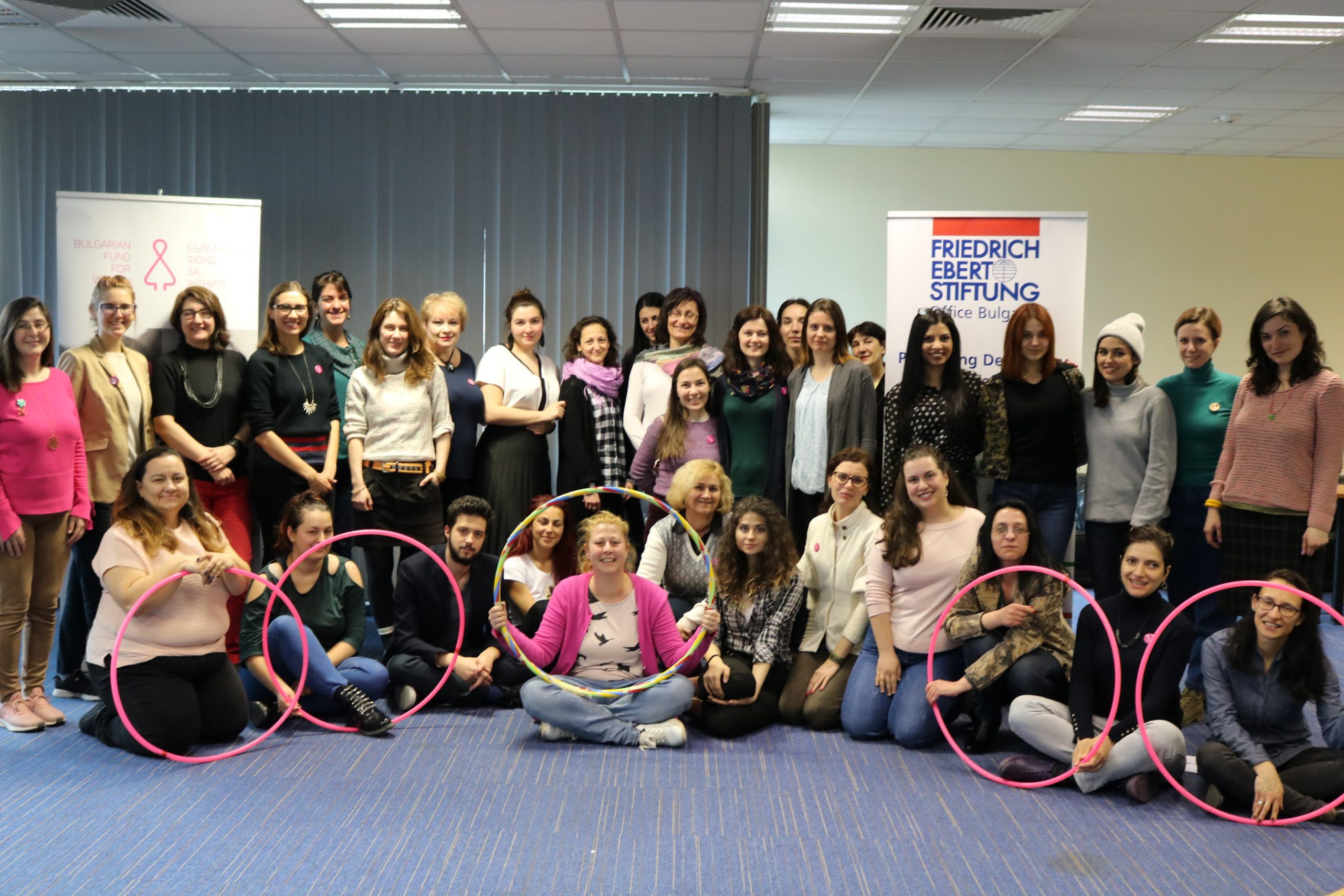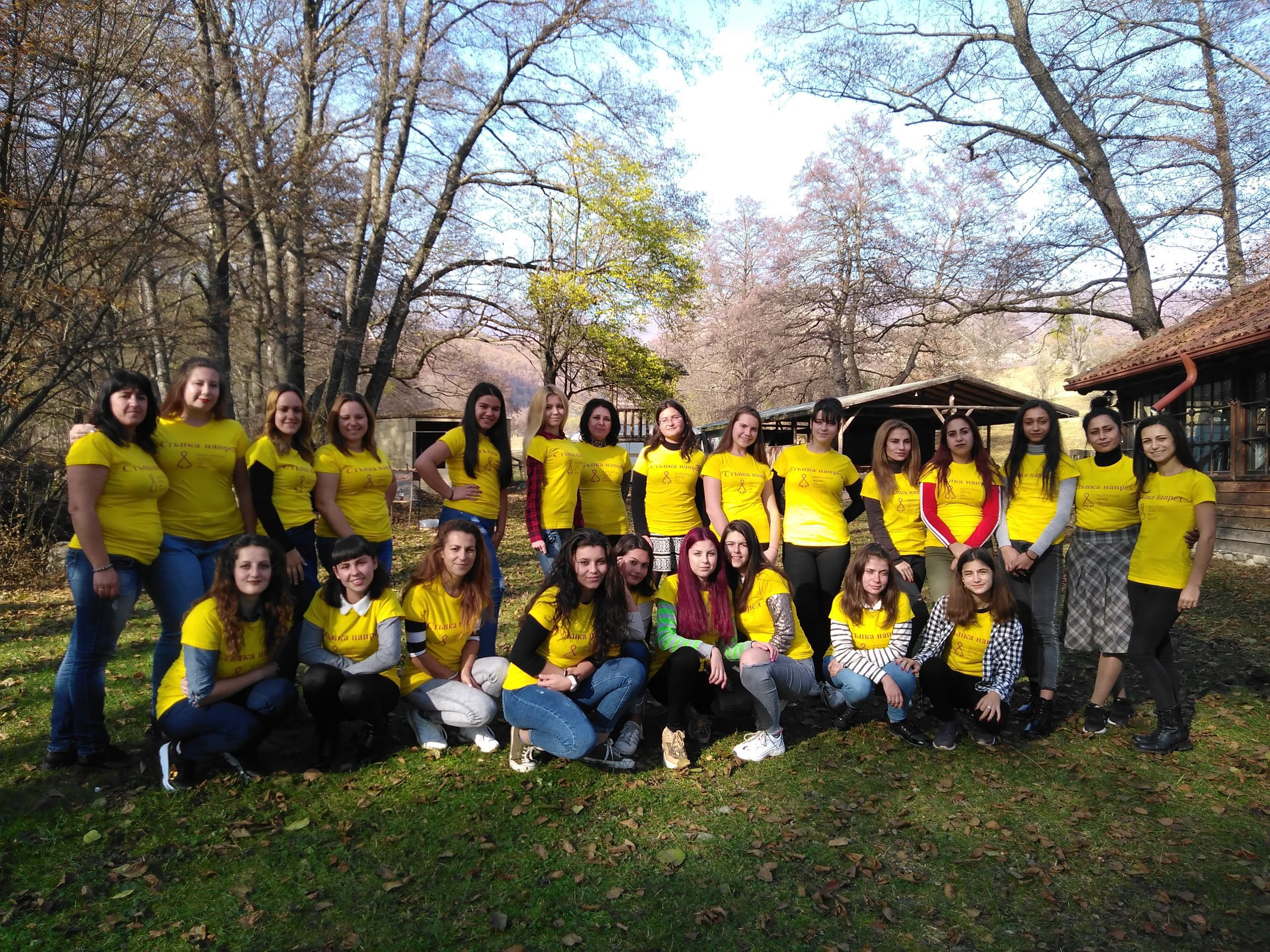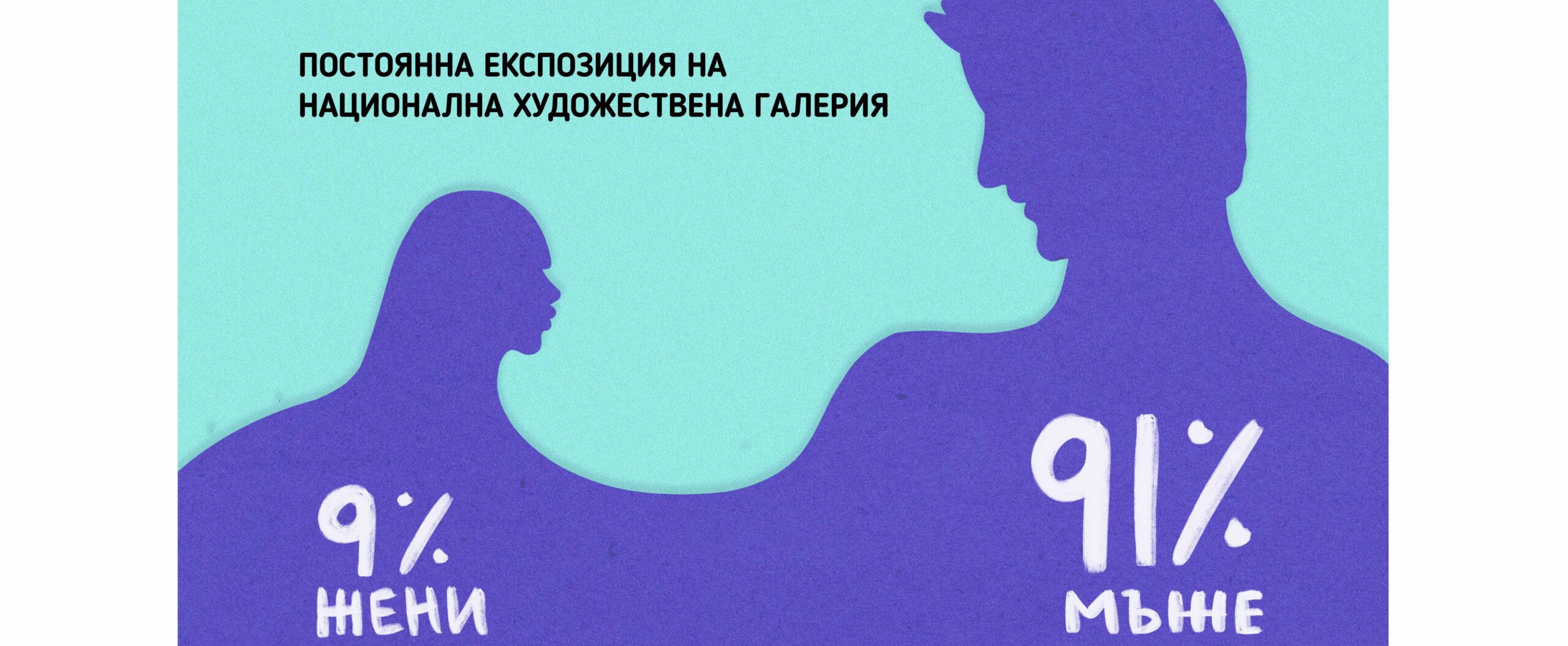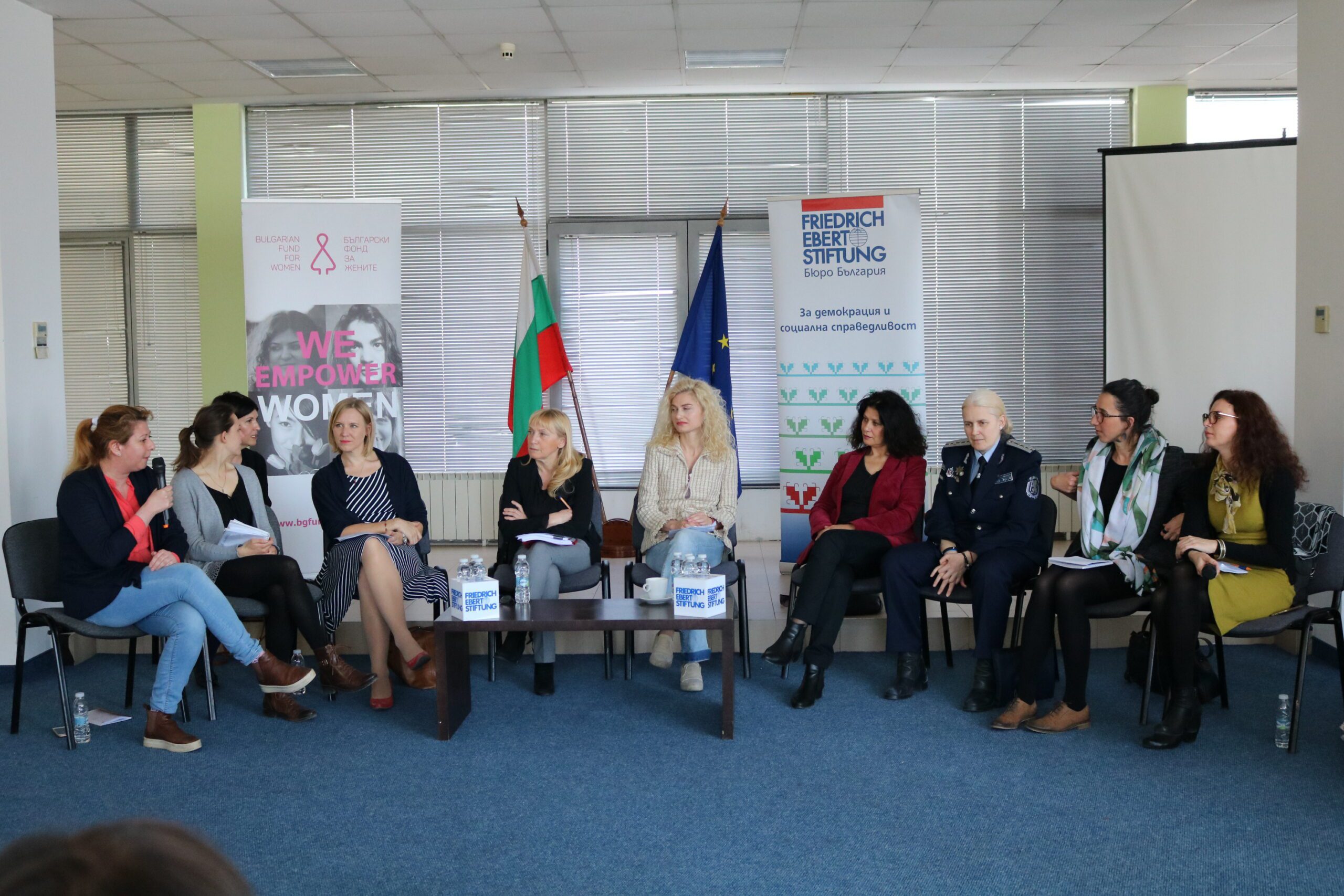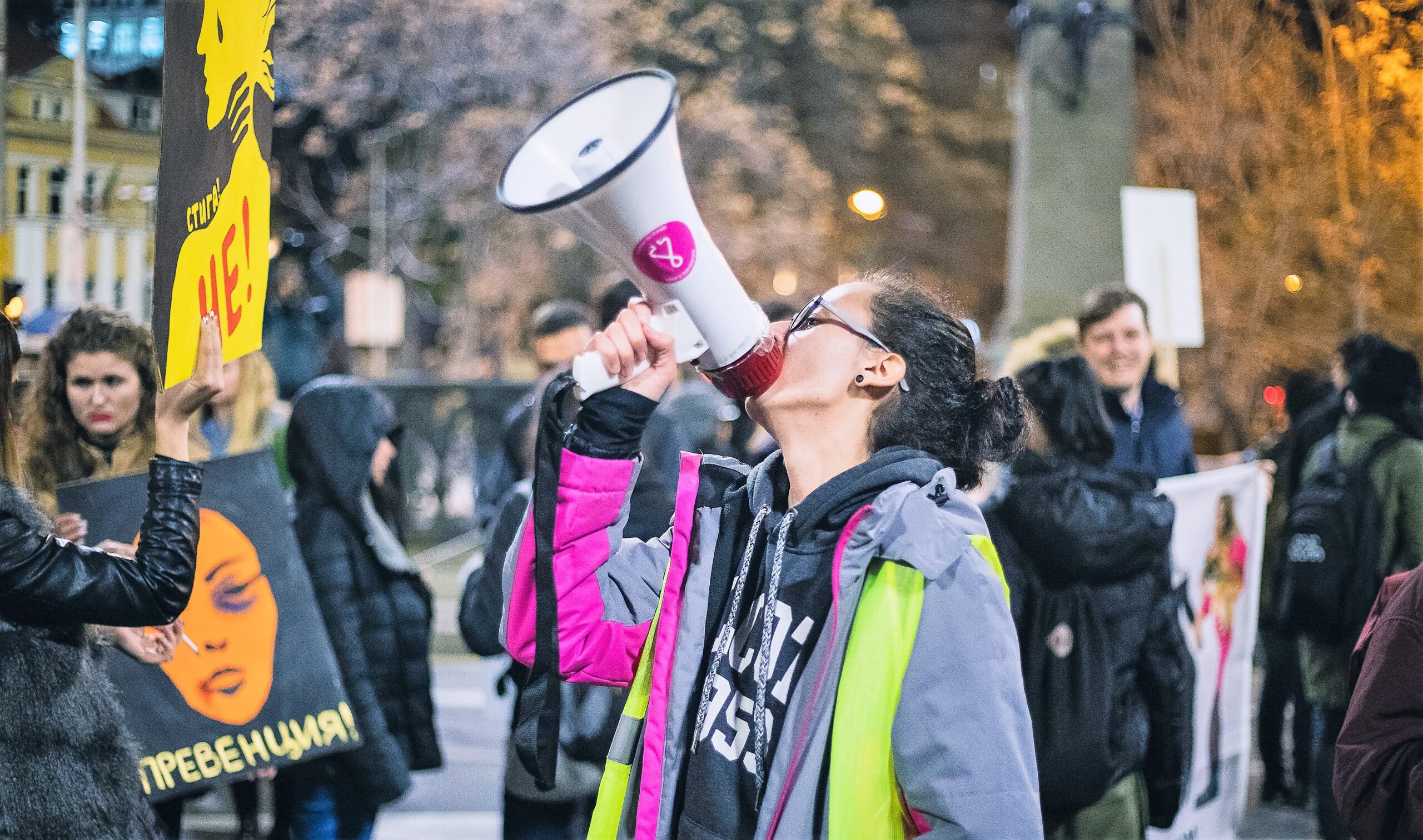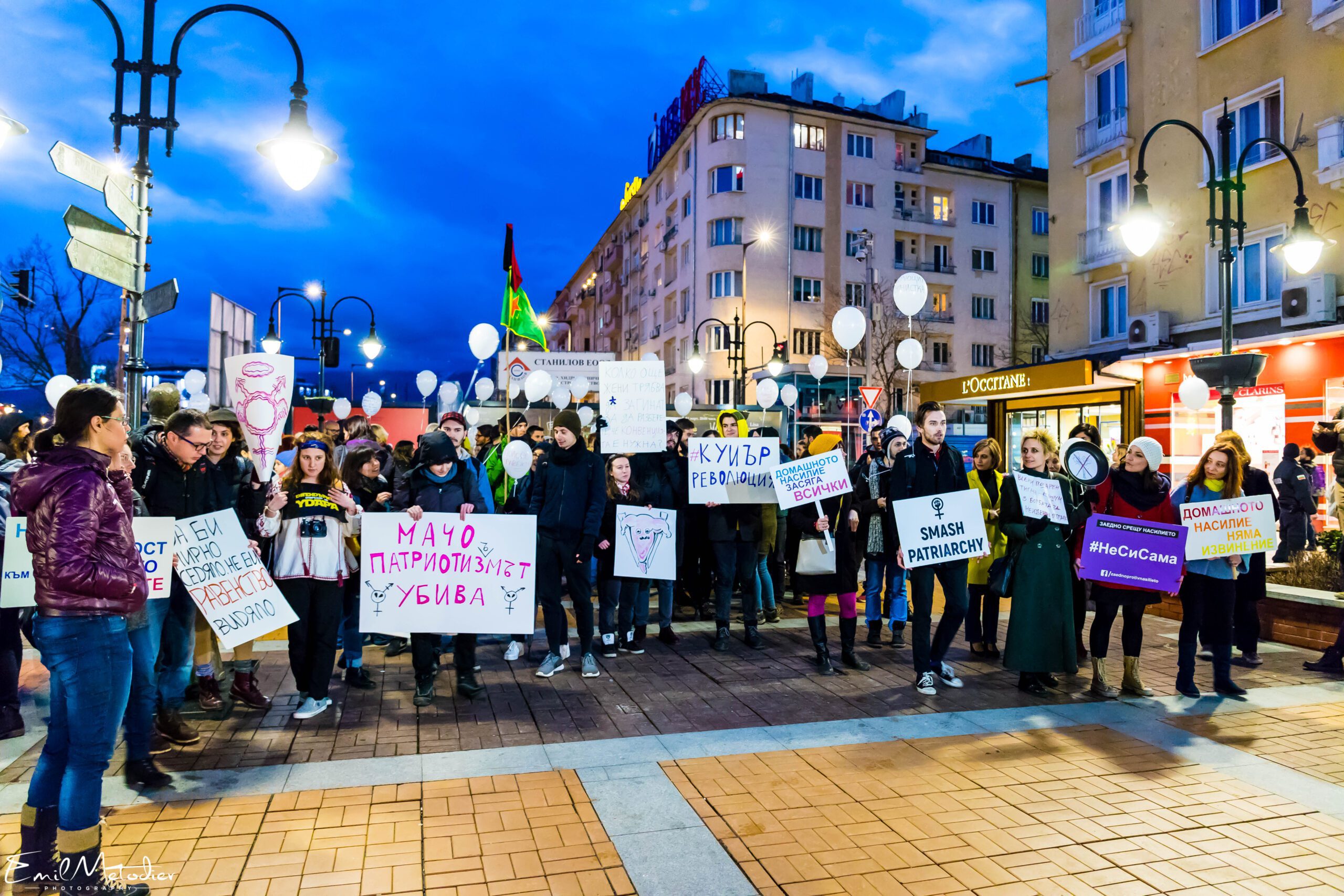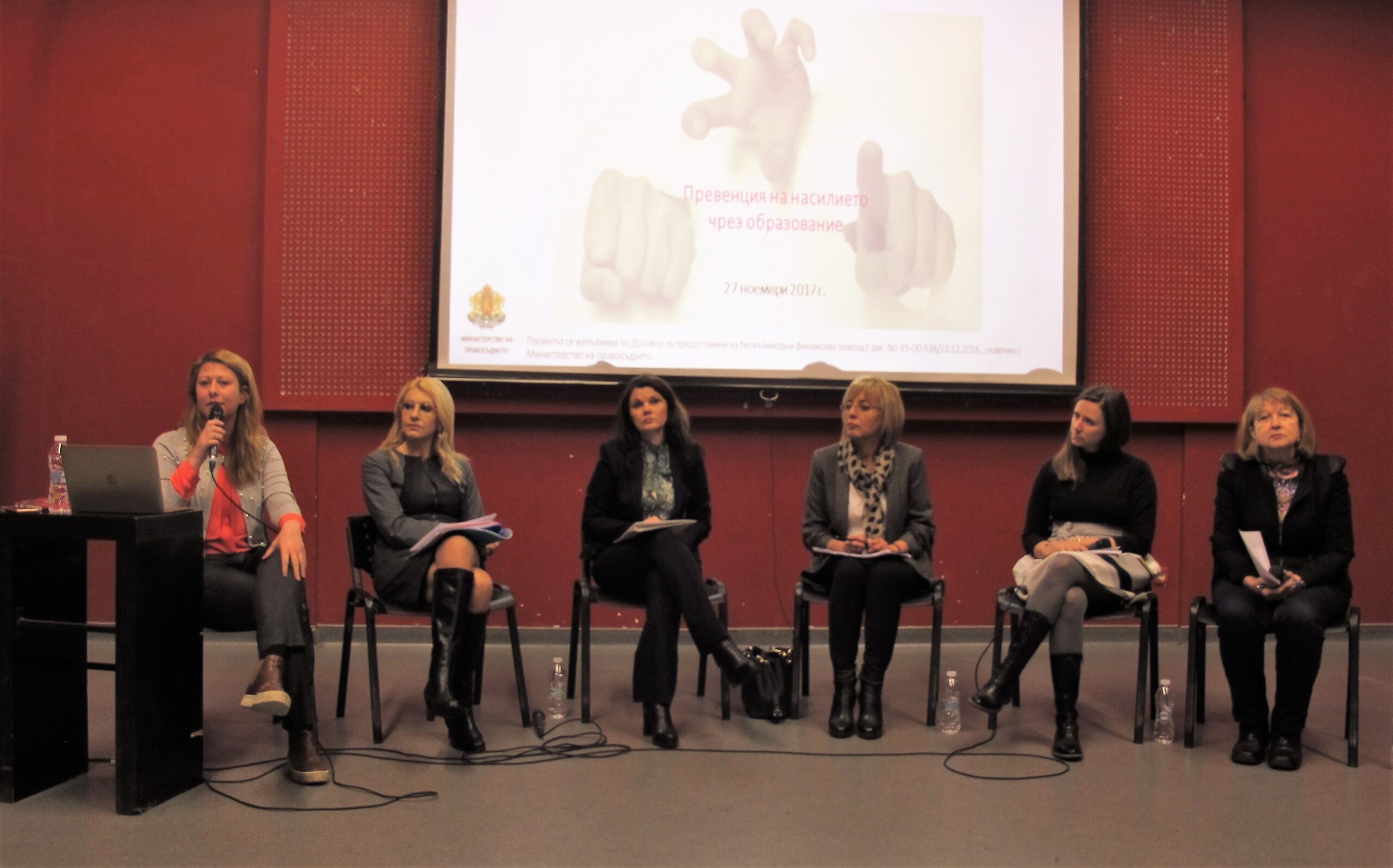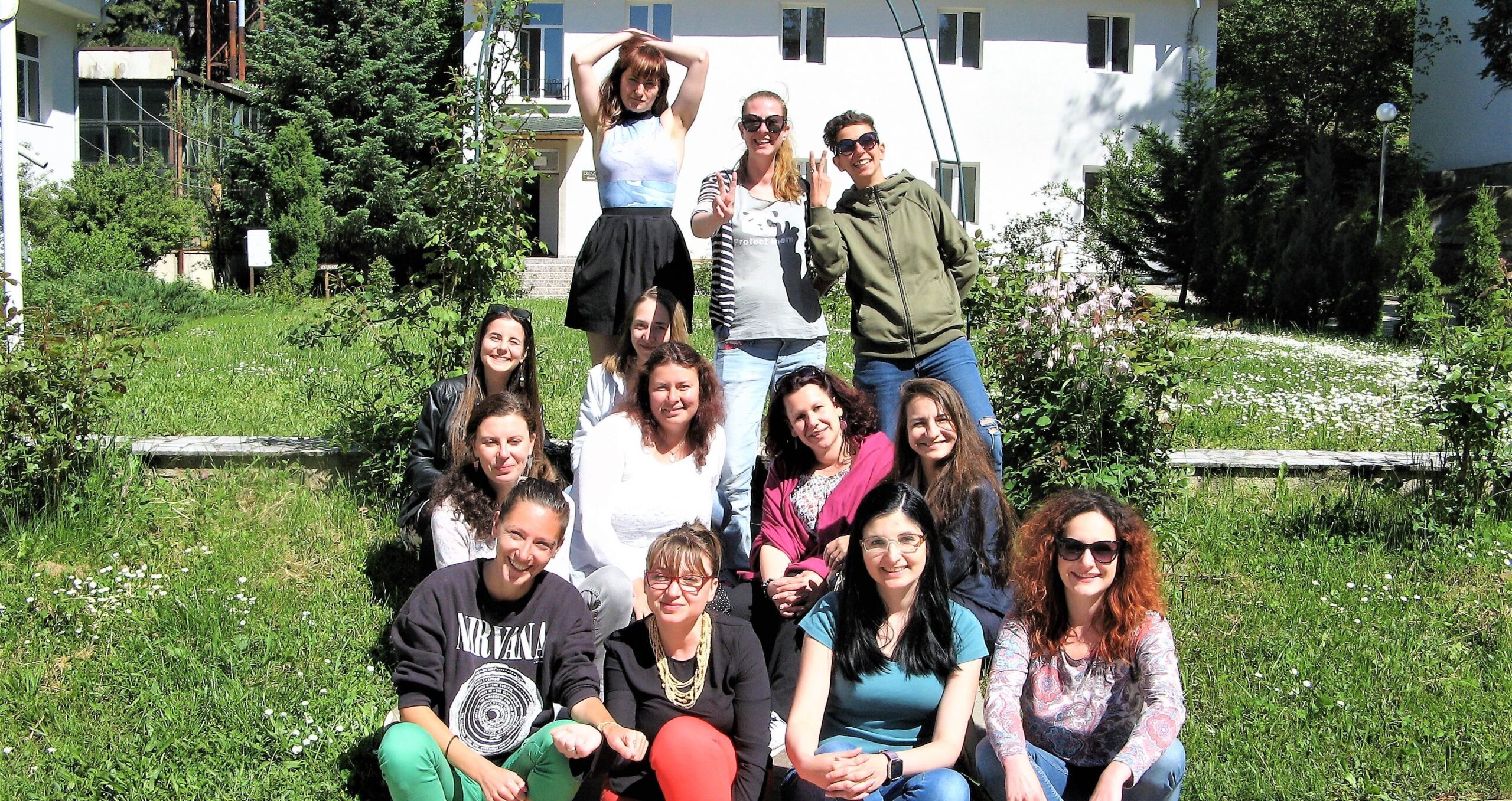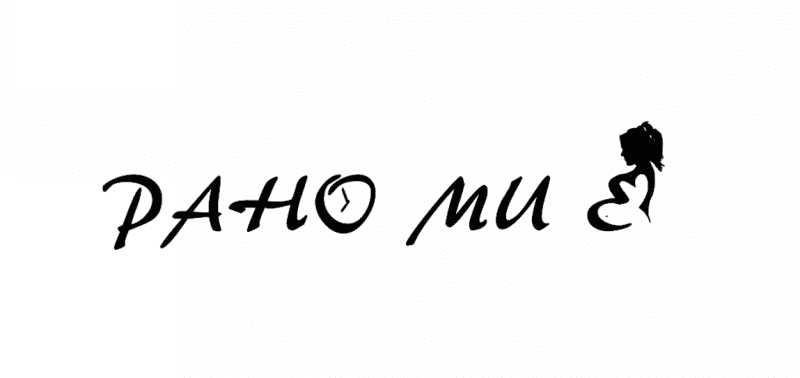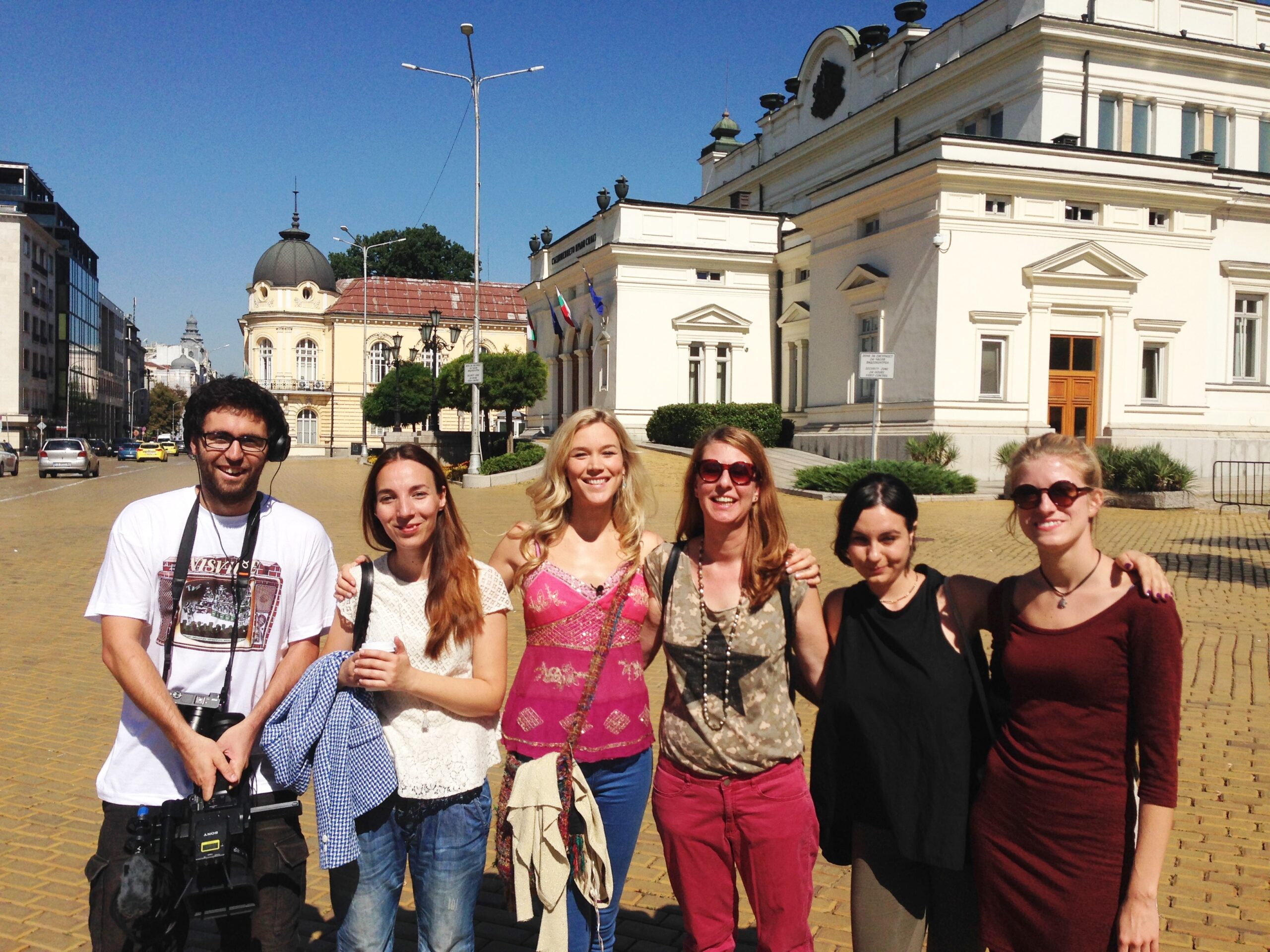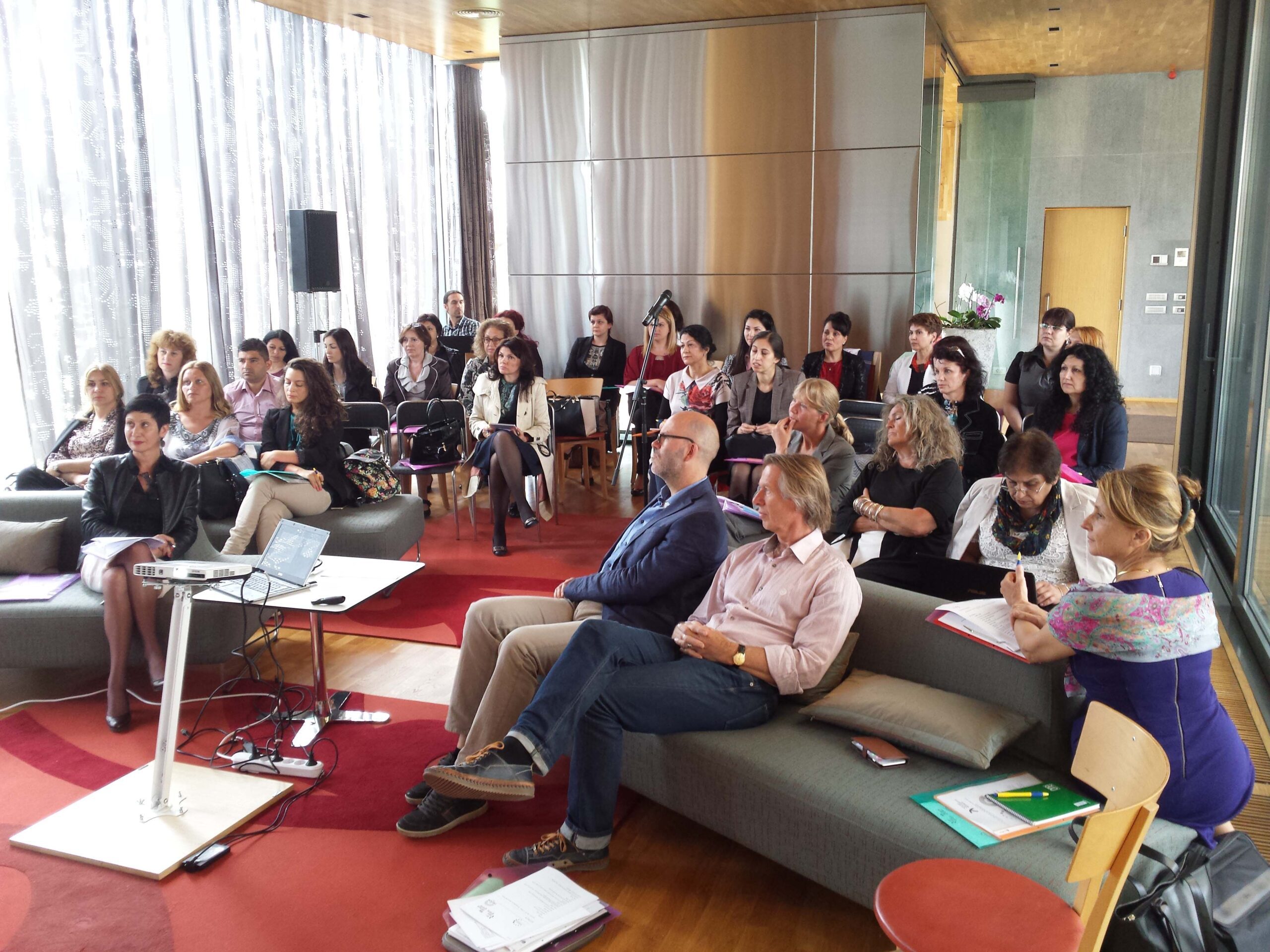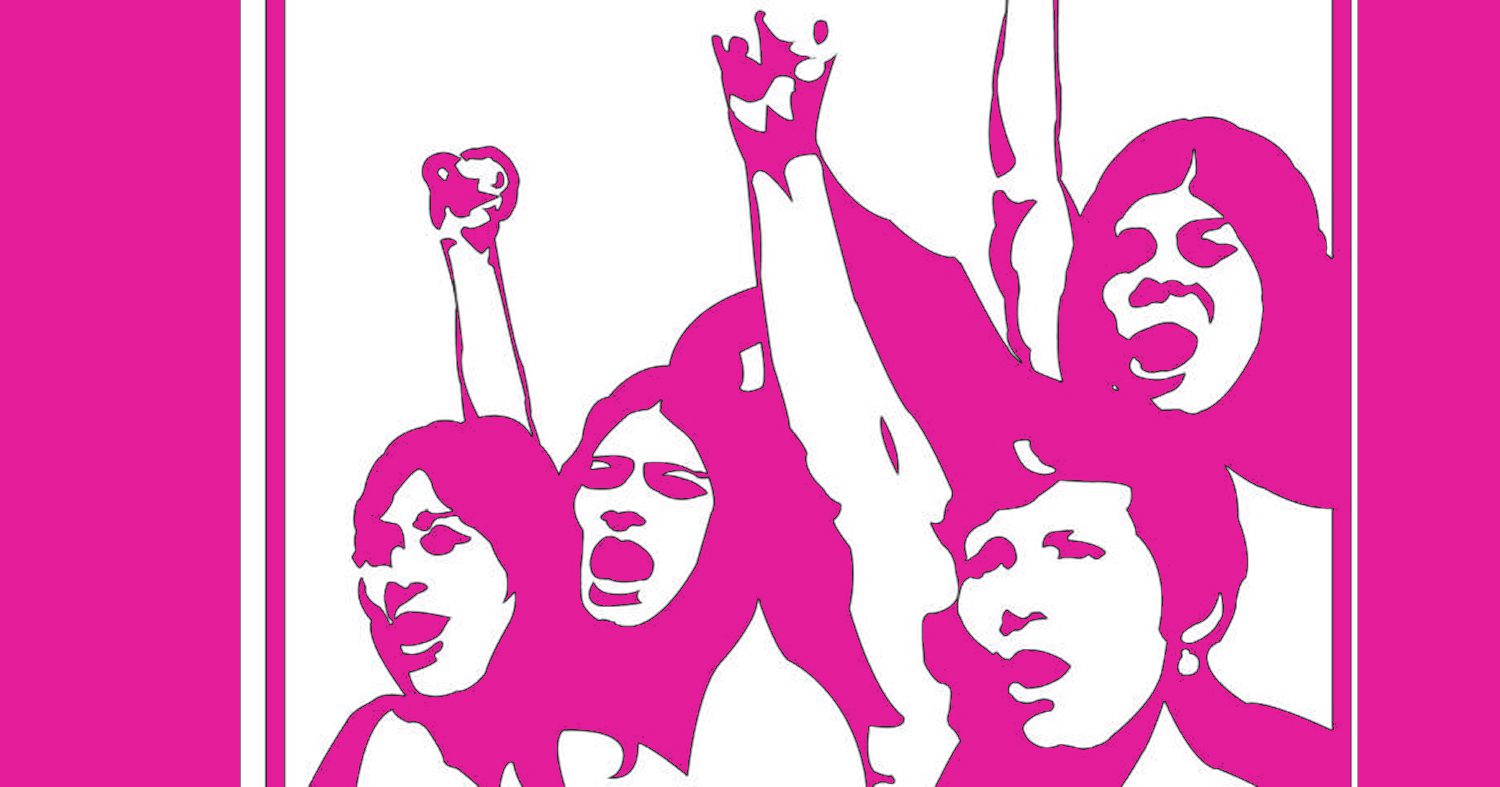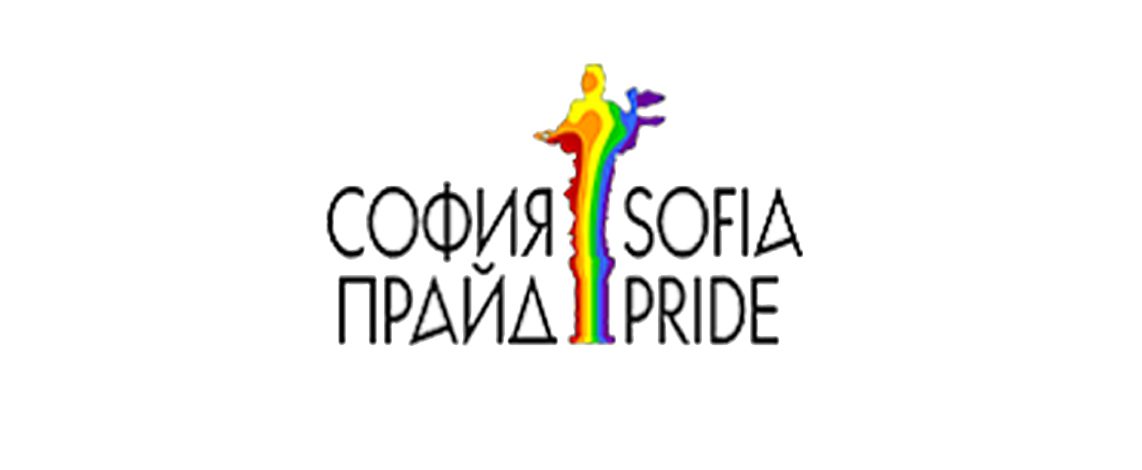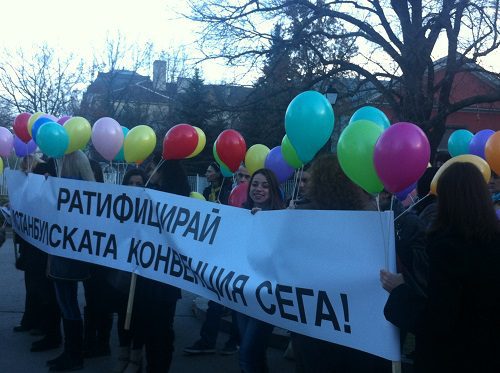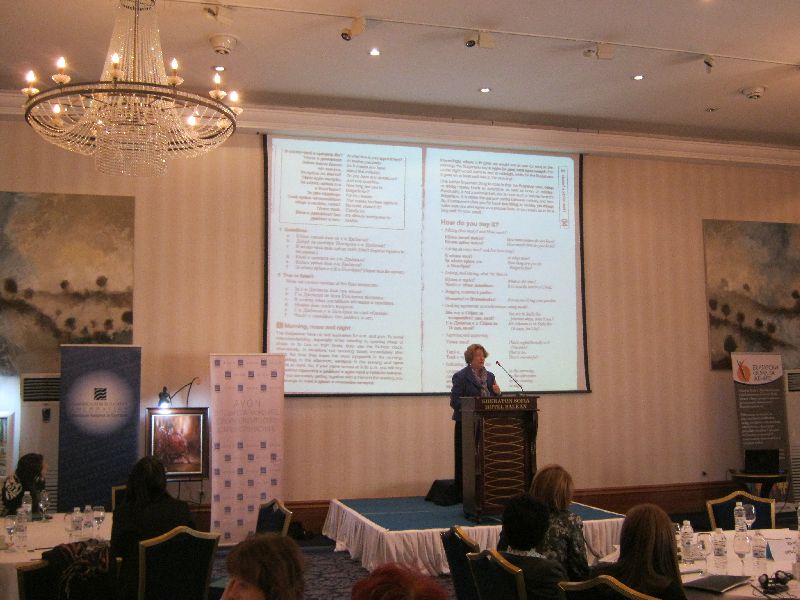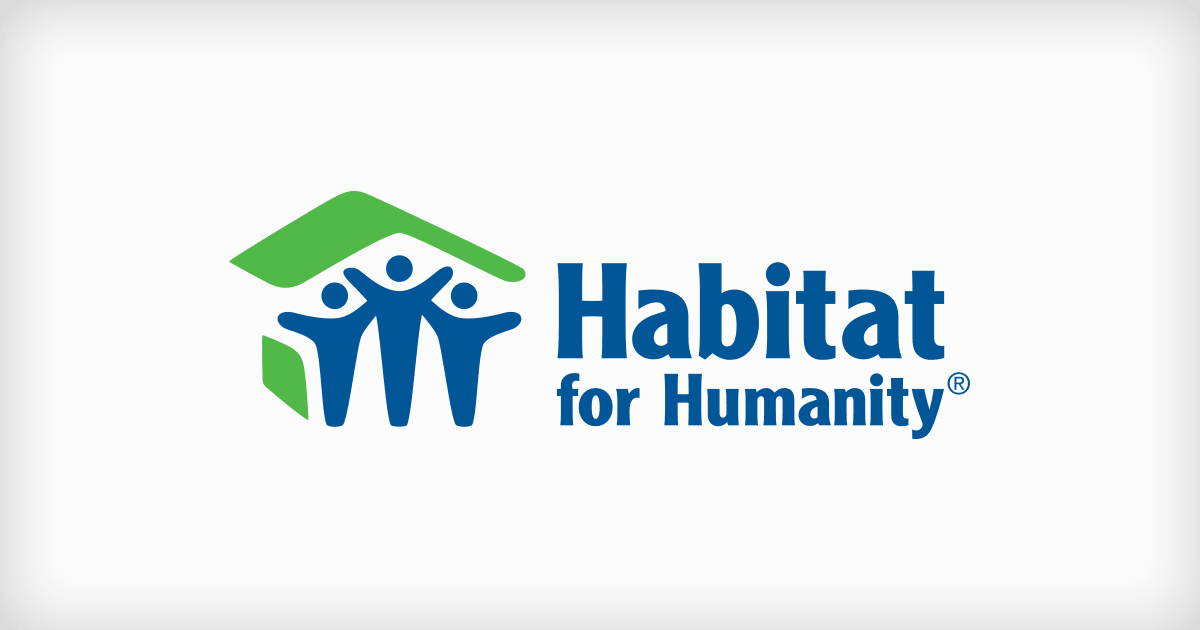Rosena Ivanova and Zara Rancheva, from the Bulgarian Fund for Women (BFW) team, participated as lecturers in a training for trainers held in Bochum, Germany between 9 -13 January 2023 under the MyPath Project.
MyPath, co-funded by Erasmus+, focuses on capacity building and empowerment of skilled migrant and ethnic minority women. The project aims to increase their employability as well as the level of employment in their fields of expertise, securing them a sustainable income and socio-cultural and economic integration in the host country. The project is coordinated by QBS Gewerkstatt gGmbH (Germany). The other partners in the consortium are Best Institut fur berufsbezogene Weiterbildung und Personaltraining Gmbh (Austria), BFW (Bulgaria) and Mindshift Talent Advisory lda (Portugal).
The training in January is a key part of the MyPath project activities. It presented the training tool “Training of Trainers Handbook”, one of the main deliverables of the project, developed in cooperation between the partners. The manual aims to provide professional facilitators (trainers), social educators/workers, VET providers, etc., with practical materials and strategies to use for training the target groups, increasing their ability to fully realise their potential in the labour market.
The initiative took place at the BOGATA training centre and residence in Bochum, Germany. The event was facilitated by the project coordinators from QBS Gewerkstatt gGmbH – Werner Fuhrmann, Ofelia Weinblatt, Olena Bardakova, Sabine Gemba and Gina Pudwills.
Experts from each of the partner organisations presented a different segment of the training tool to their colleagues. The main objectives were to identify the biggest challenges that migrant women face when entering the labour market, to analyse successful examples, and to encourage creativity and self-confidence in educators. Rosena Ivanova from BFW spoke about some of the highlights of the training:
“I found the practical tools that were presented to us during the training extremely useful. One of them is a competency-scanning questionnaire that is used to assess the capabilities of migrant women. Each of us had to assess our own skills and then we gave each other feedback under Ophelia’s guidance. Another memorable moment was the mock job interviews. Werner gave us scenarios and we created a story based on them. Both exercises helped us to put ourselves in the shoes of the people we were working with and gain a fuller insight into their experiences.”
The training discussed a range of topics related to better communication with target groups. Sabine Gemba presented the topic of non-violent communication through concrete examples, and Philippa Flores from Mindshift taught participants to differentiate the different types of creativity they can apply in their work with project beneficiaries.
The hosts from Gewerkstatt introduced the guests to the history of Bochum, which is inextricably linked to the migrants who have been working in the mining industry in the city for many years. To date, BOGATA has been training migrants at the Quaz.ruhr language and qualification centre, where the participants had the opportunity to meet and find out more about the good practices of the programme.
Rosena and Zara conducted a session based on block 3 of the training tool. They introduced the topic of emotional intelligence and demonstrated to the trainers how to “catch” their mind when it makes
cognitive errors. Through several exercises, they shared methods by which we can teach our minds to be more critical of the information that is fed to us. They also devoted part of their session to the topic of empathy, which is key to working with vulnerable groups and which we often neglect. About the session Zara said:
“We are delighted that we were able to engage our colleagues to think about the ways in which they uncritically succumb to different influences and prejudices, this self-assessment is extremely important. The people we work with are often victims of discrimination and stereotyping and we need to be able to recognise these trends in society and the ways in which they affect us so that we can combat them.”
Each part of the training in Bochum provided participants with specific knowledge, skills and competencies to enable them to broaden their professional and socio-cultural horizons and experiences. The MyPath project continues. Mentors are to be selected to share their valuable labour market experiences with the target groups, and you can find out more and apply for a mentor role until 31 March on the BFW website.
The MyPath project also involves the production of role model videos featuring skilled migrants and women from minority groups. More information is to be found on the BFW website.
This project is funded with support from the European Commission. This publication reflects the views only of the author, and the Commission cannot be held responsible for any use which may be made of the information.
This project was funded with support from the European Commission. This publication reflects the views only of the author, and the Commission cannot be held responsible for any use which may be made of the information contained herein.
2021-DE02-KA220-VET-000030549

